ISW: No real peace talks with Putin unless West helps Ukraine crush Russia
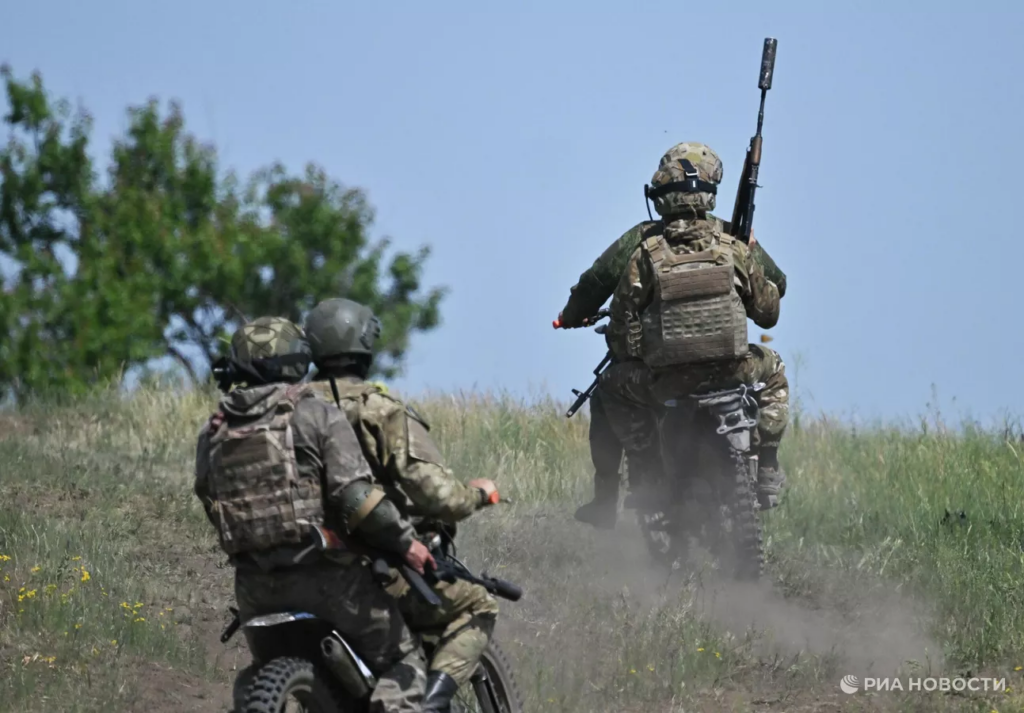
A major shift in battlefield momentum is the only lever that could move the Kremlin, the Institute for the Study of War (ISW) assesses. The think tank’s report on 21 July says only severe Russian military setbacks, enabled by Western-supplied weaponry, could push Russian President Vladimir Putin toward serious negotiations.
Putin won’t talk peace without battlefield collapse
British Defense Secretary John Healey, speaking at the Ukraine Defense Contact Group meeting on 21 July, announced a “50-day drive” to accelerate arms deliveries to Ukraine. He stressed the urgency of the effort, pointing to US President Donald Trump’s threat to impose “severe” 100% secondary tariffs on Russia’s trade partners if a peace deal isn’t reached within 50 days from 14 July.
ISW reaffirmed that “ISW has consistently assessed that only significant Russian battlefield setbacks, enabled by timely and sufficient Western military assistance to Ukrainian forces, will force Putin to reconsider Russia’s ability to militarily defeat Ukraine and bring him to the negotiating table.”
However, such setbacks “will not happen in a matter of weeks and will likely require several months or campaign seasons” — but only if Western governments provide Ukrainian forces with timely and adequate support for large-scale operations.
Ukraine expands defense production to meet the moment
Ukraine aims to scale up weapons production and can absorb $6 billion in investment, officials said, emphasizing the need to boost output of FPV and interceptor drones.
Procurement chief Zhumadilov said contracts were signed with Ukrainian and US firms to build counter-Shahed drone systems. Ukraine can produce up to 10 million FPV drones annually, though next year’s procurement may not exceed 4.5 million due to funding limits.
New round of negotiations still clouded by Kremlin stalling
Ukraine has proposed a third round of peace talks in Istanbul, with discussions possibly starting as soon as 22 July. Russia confirmed the offer through TASS, suggesting 24 or 25 July as possible dates.
Kremlin Spokesperson Dmitry Peskov claimed Moscow was on board but would send the same mid-level delegation as before. ISW said this reflects a lack of seriousness, noting previous talks led only to POW exchange after Russia refused to outline its terms.
According to ISW, Moscow’s intent remains to stall for time, keep fighting, and pressure Ukraine and the West. There’s no indication Putin’s objectives have shifted.
Read also
-
“Putin fears only Trump,” Ukrainian foreign minister says after Kellogg’s visit to Kyiv
-
New Ukrainian defense chief tests his negotiation skills during Ramstein meeting as Putin answers Trump’s ultimatum with escalated attacks
-
Germany pledges five Patriots, Norway — billions for drones, as Ukraine’s new defense chief leads first major international push since taking office

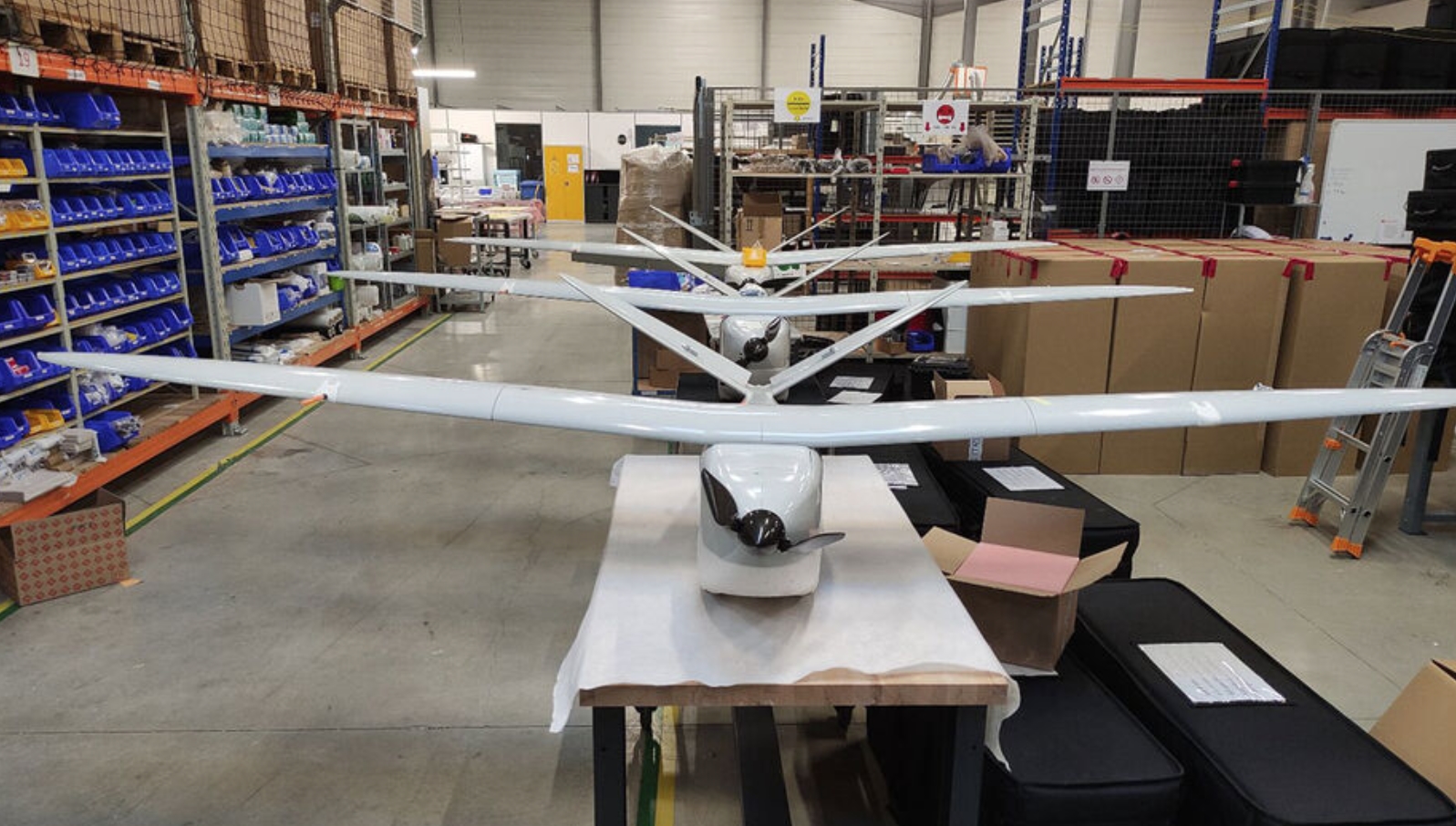

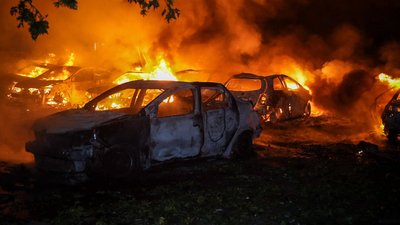
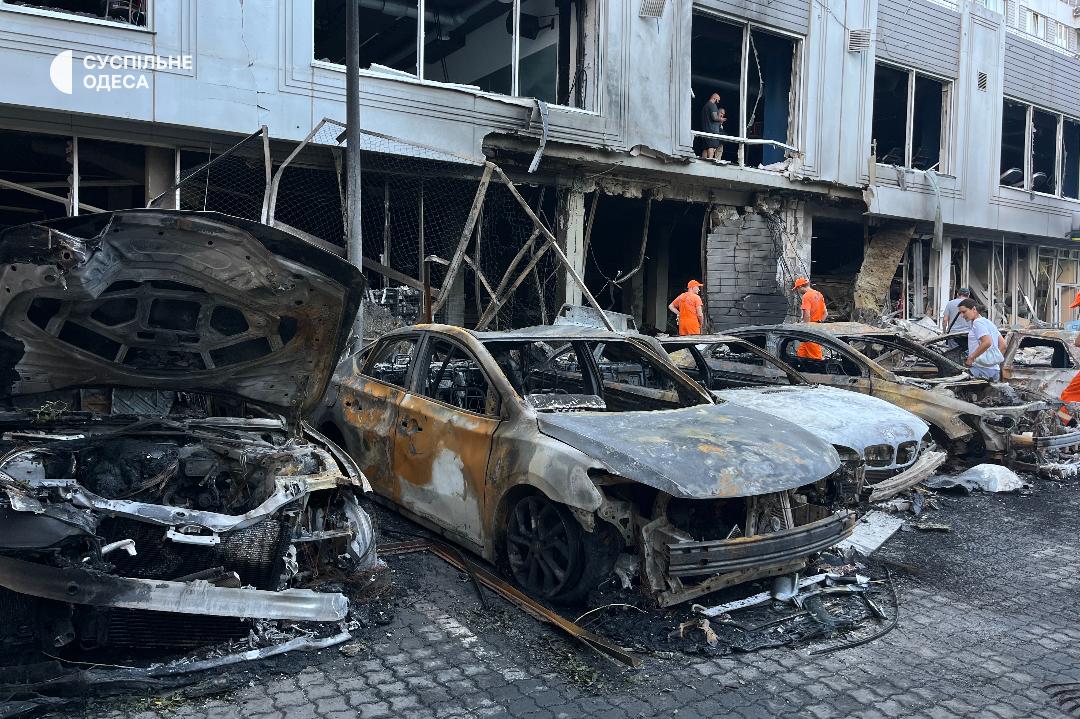
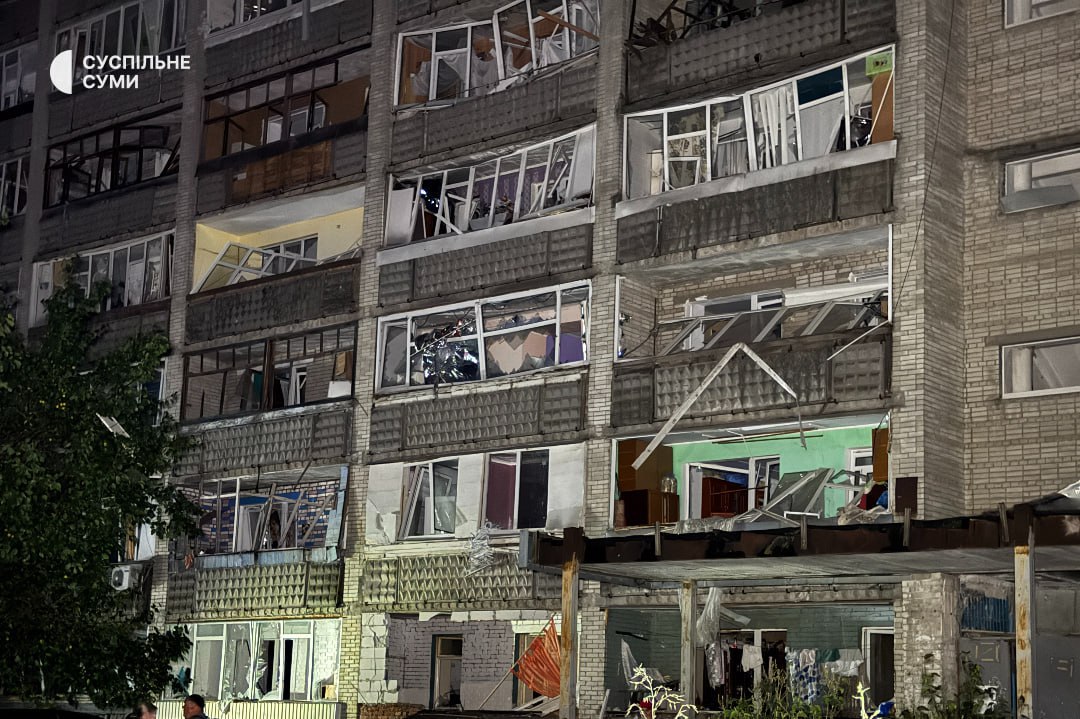
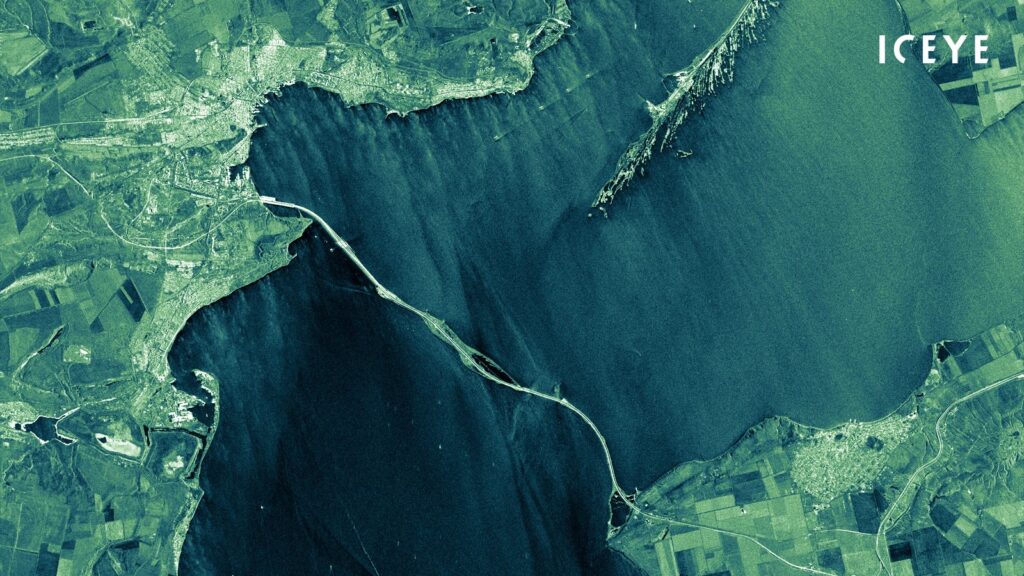

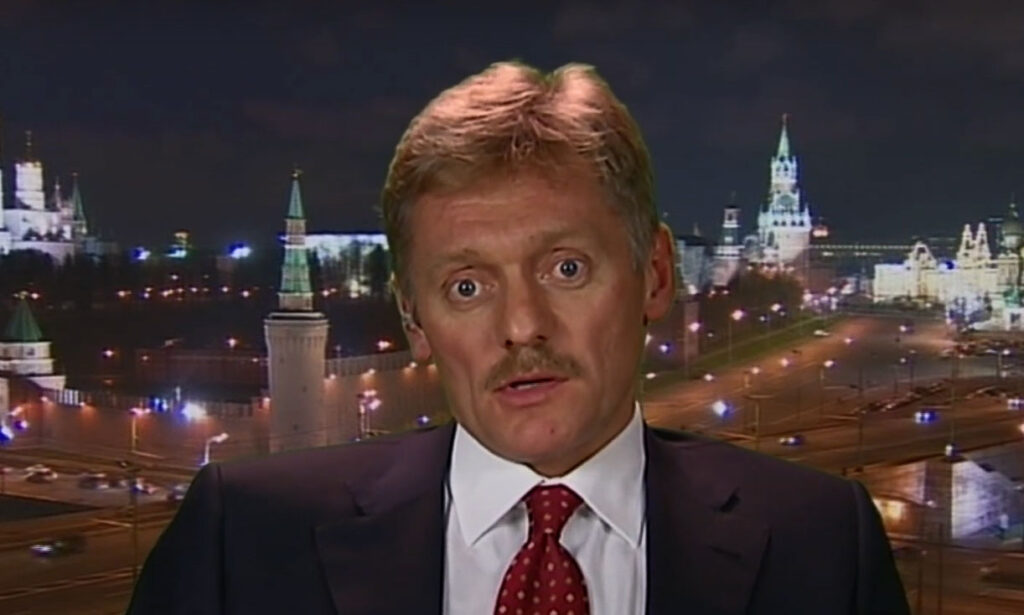

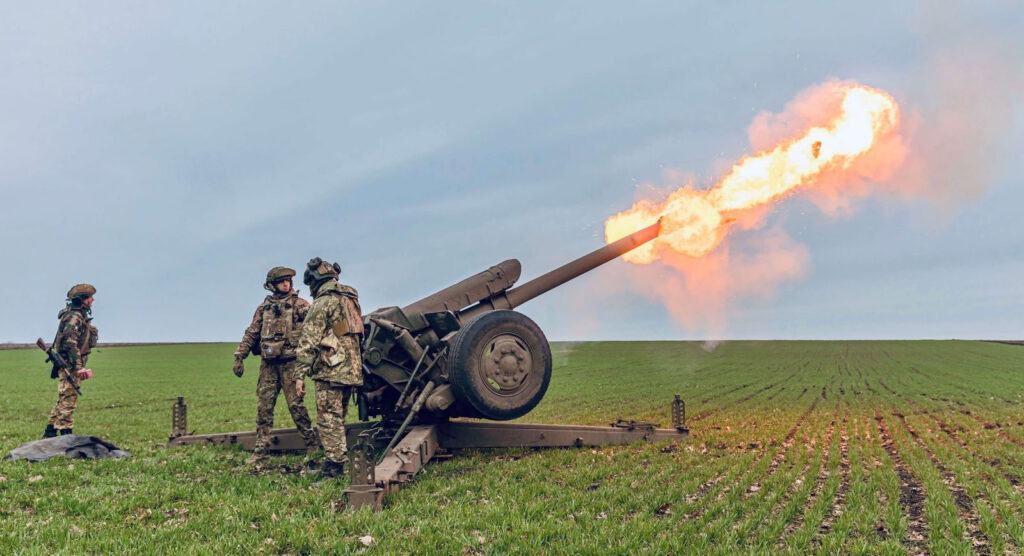
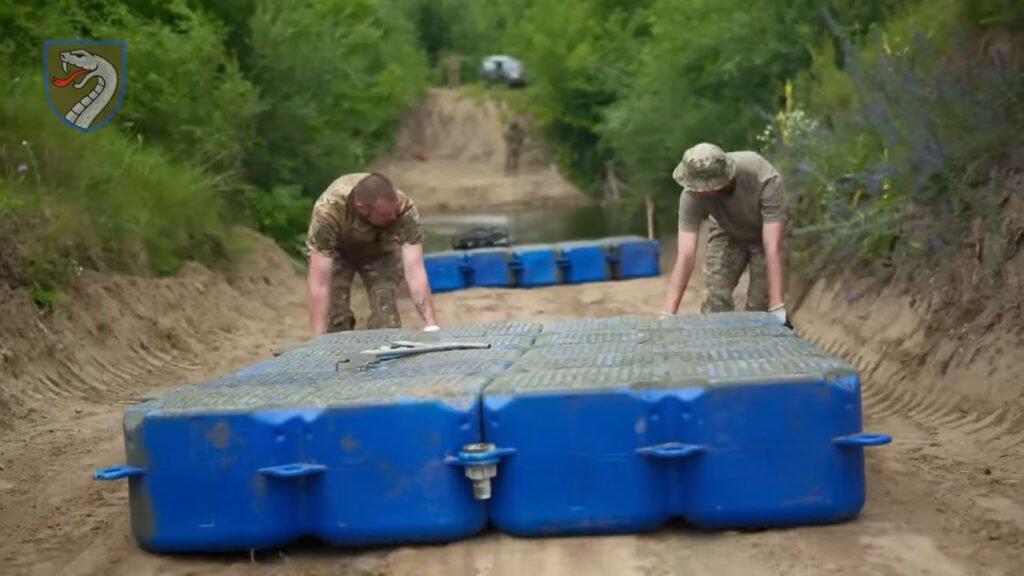
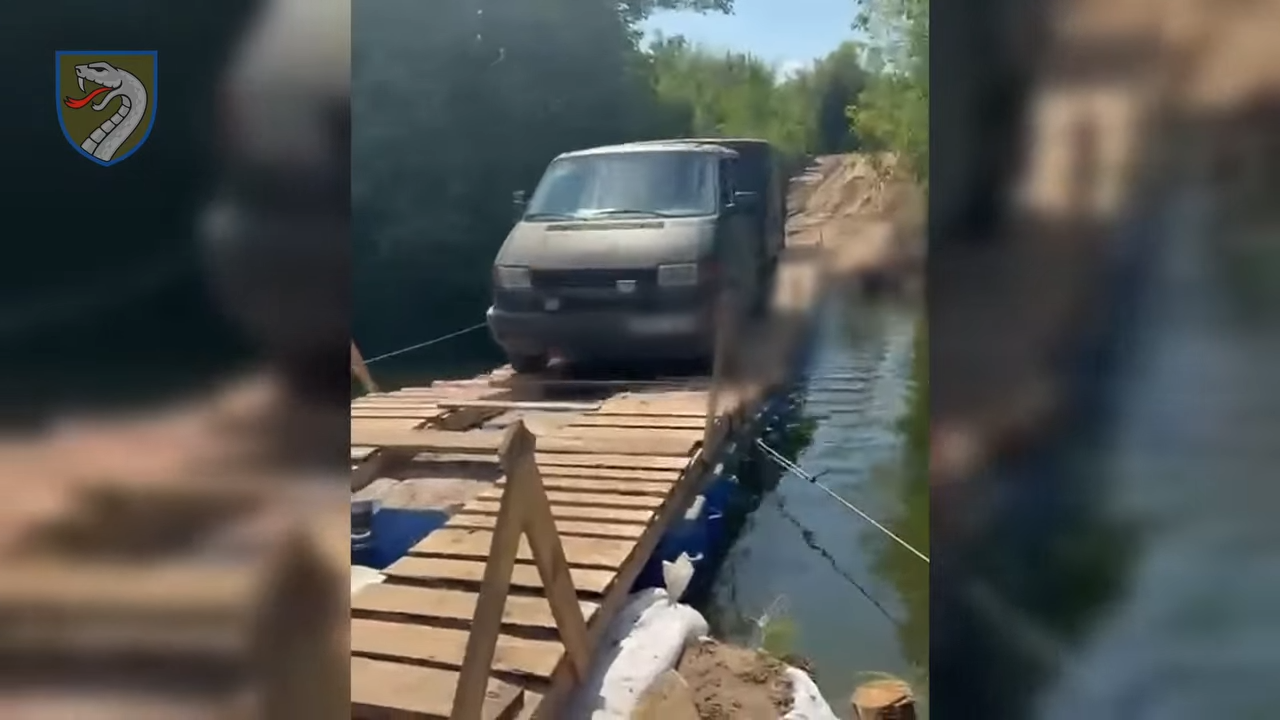
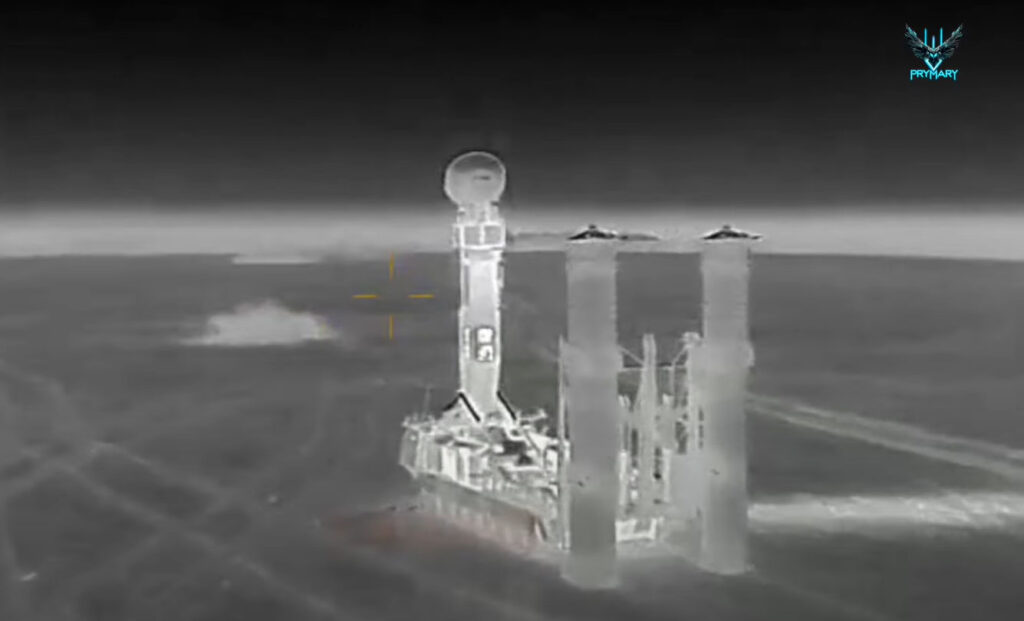
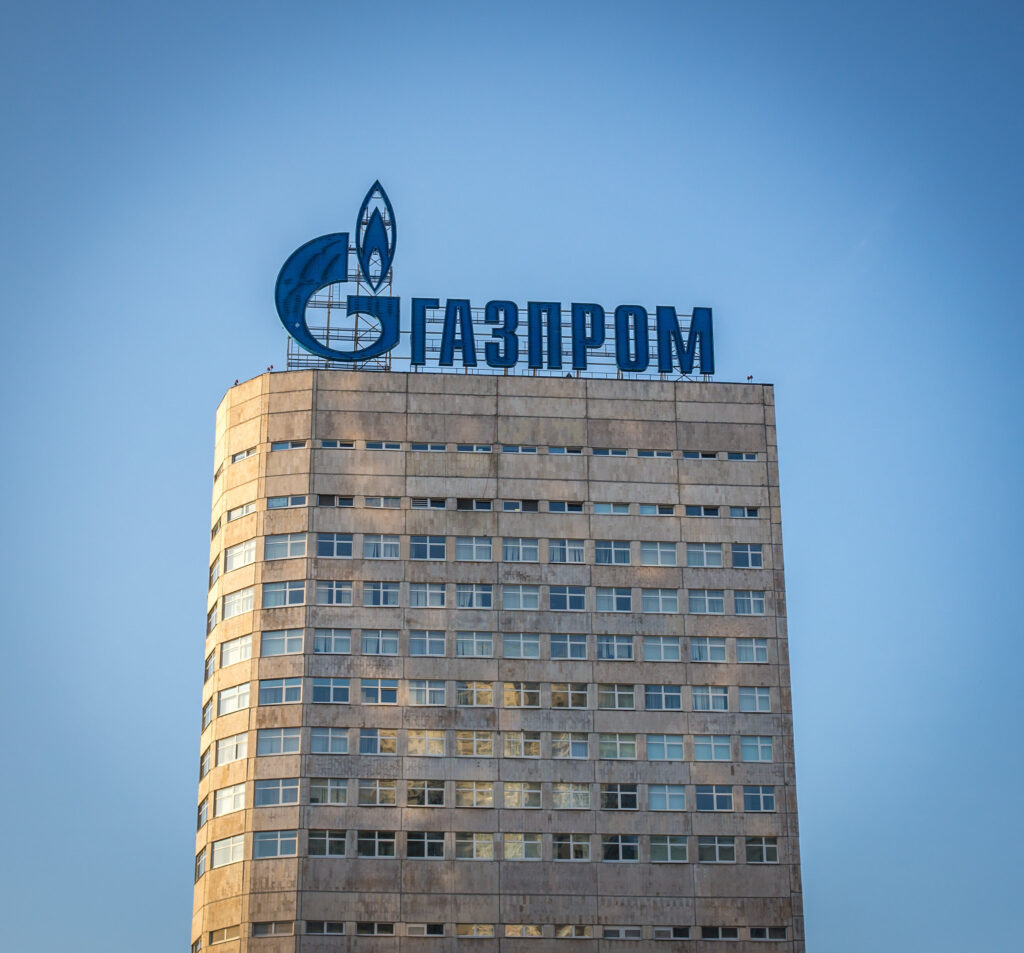

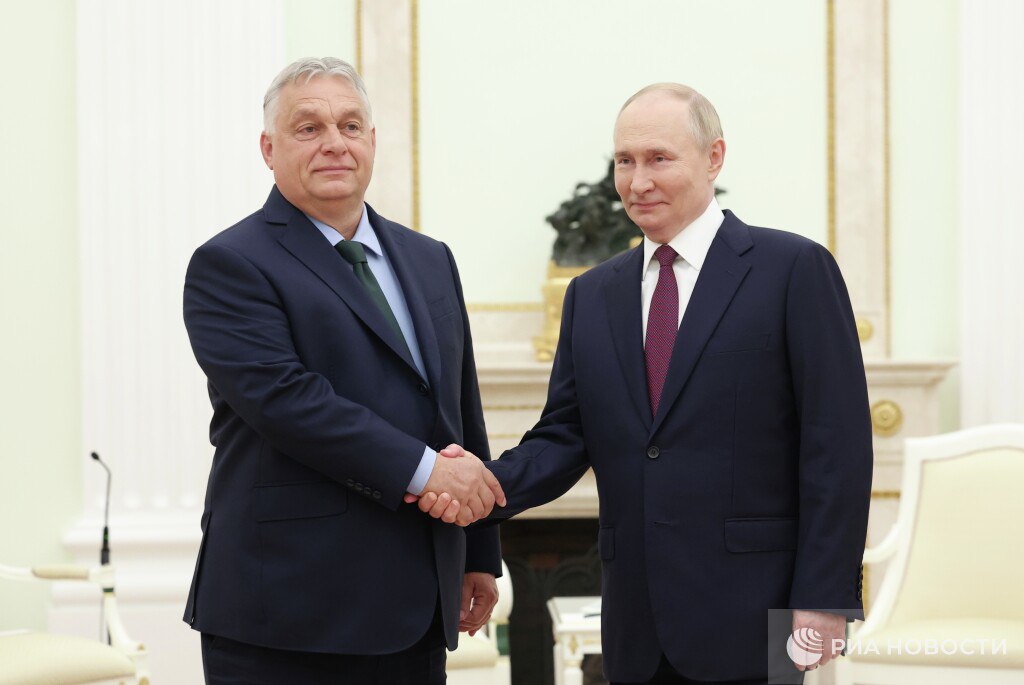
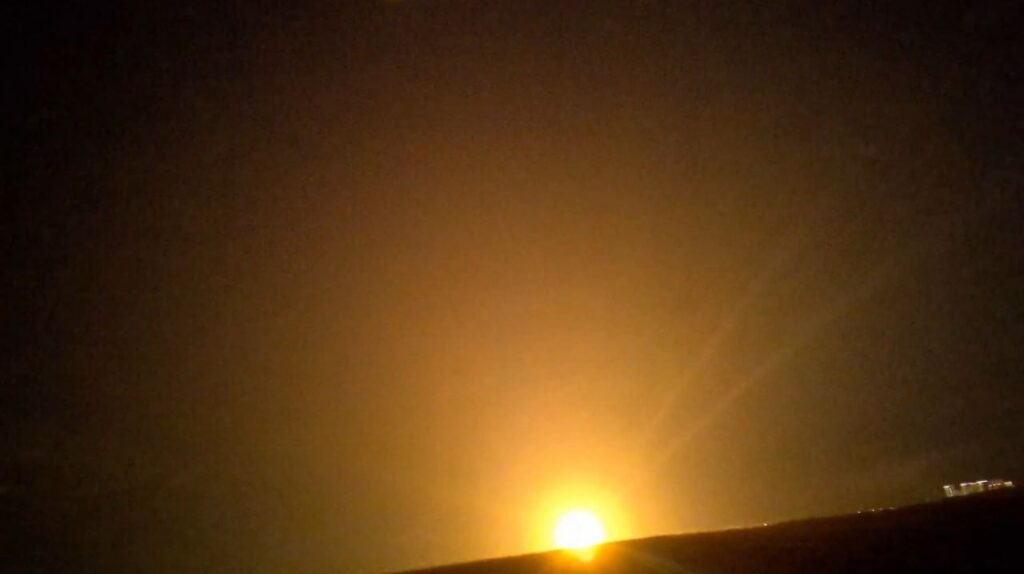
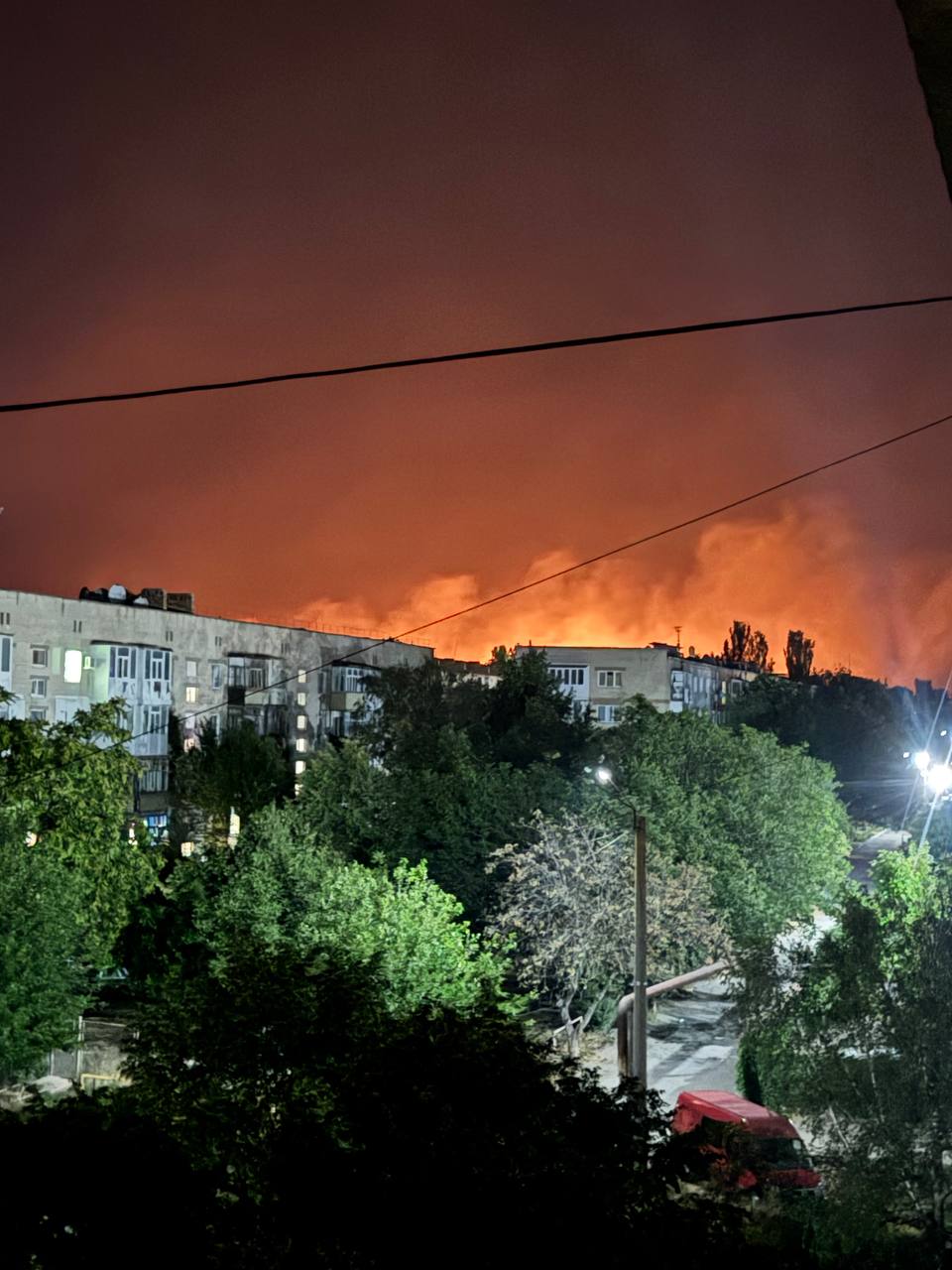
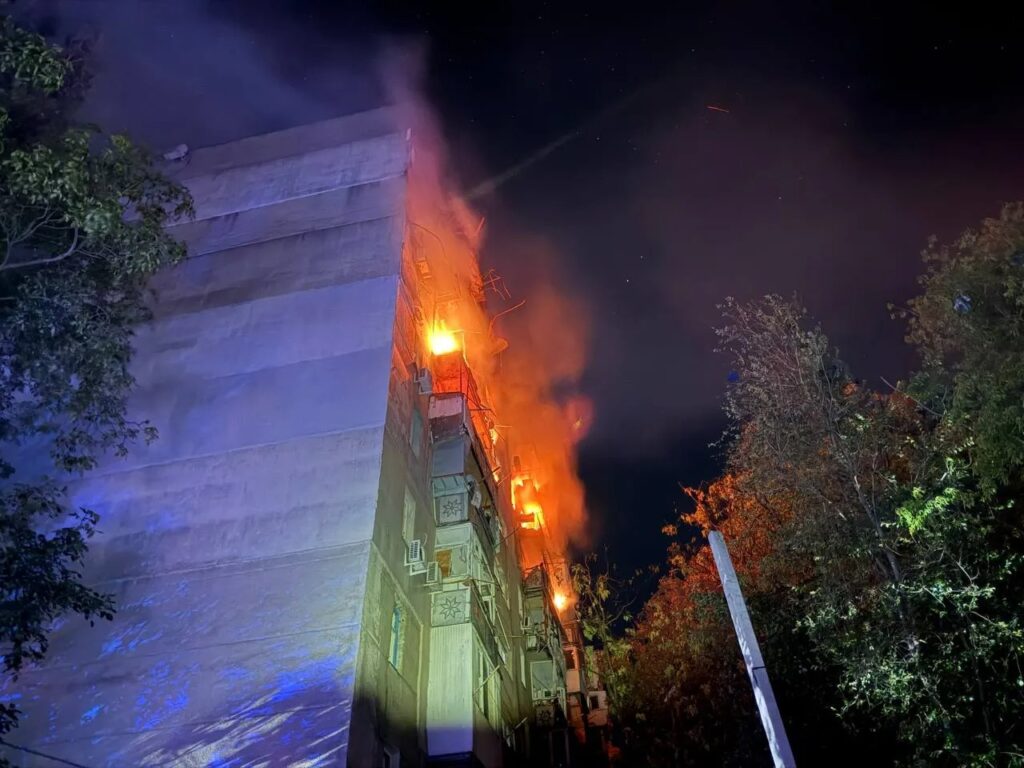

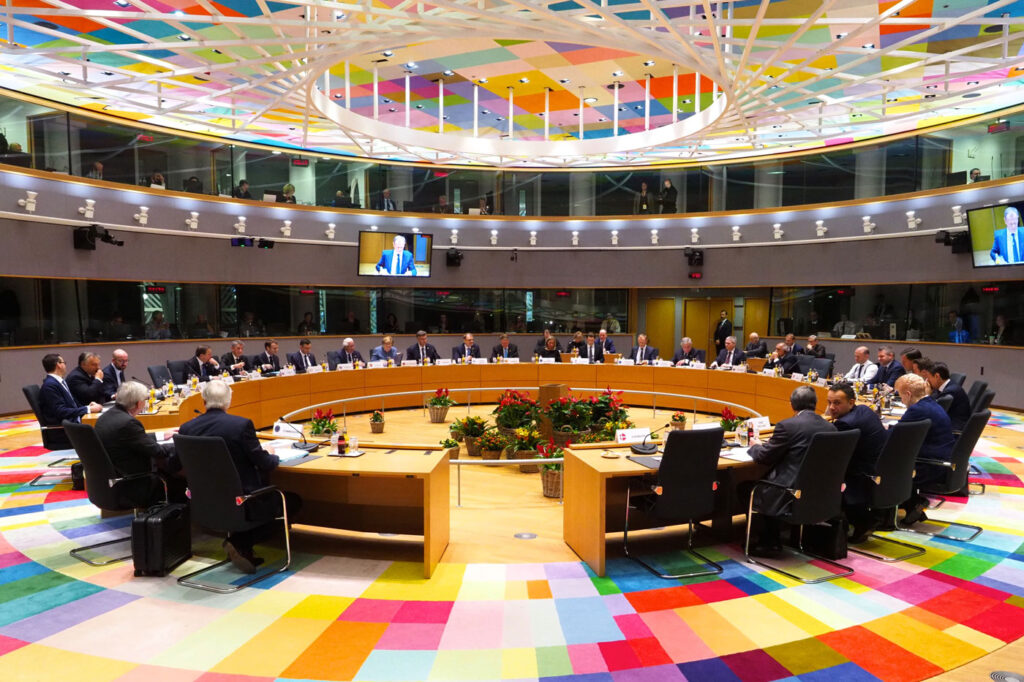
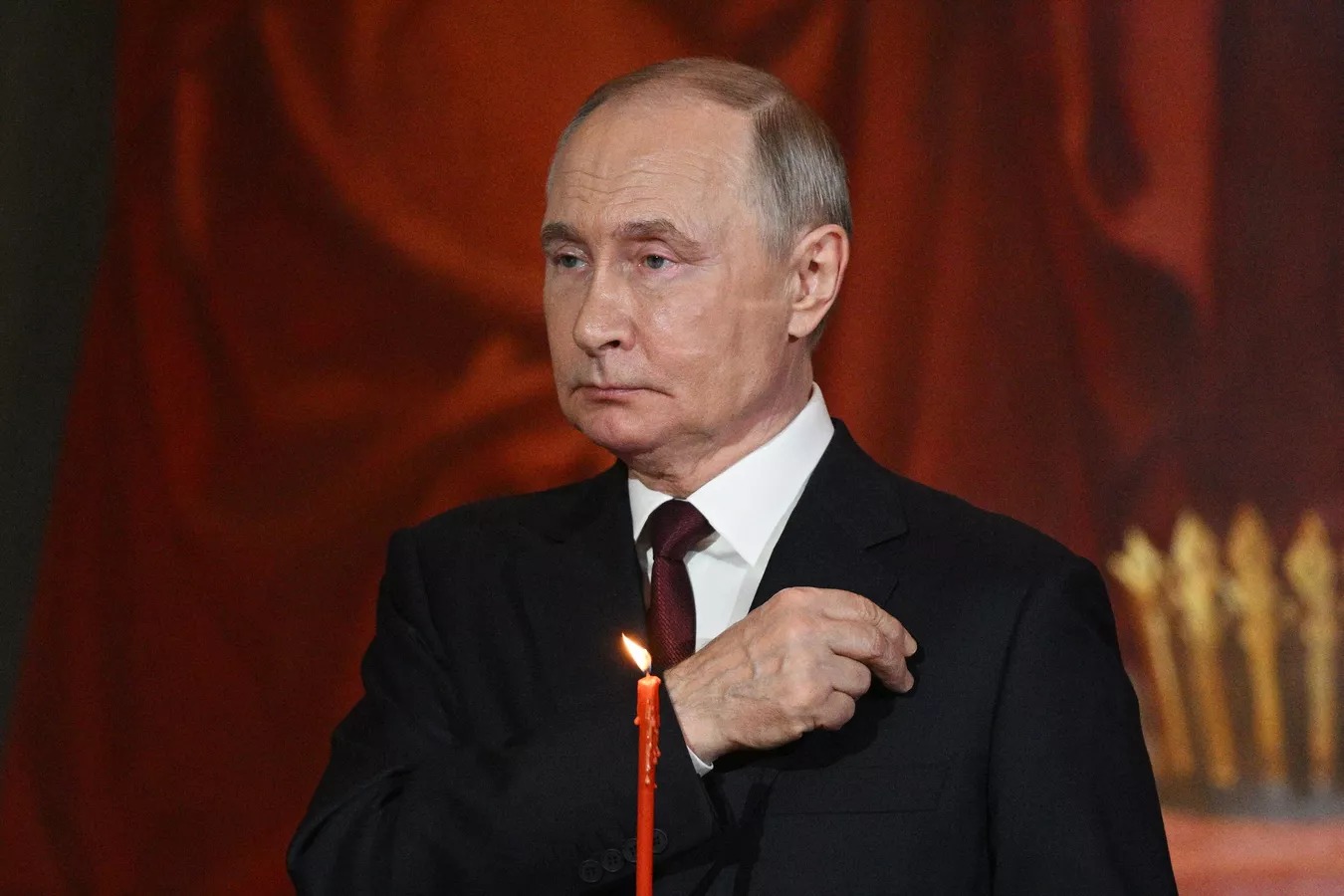
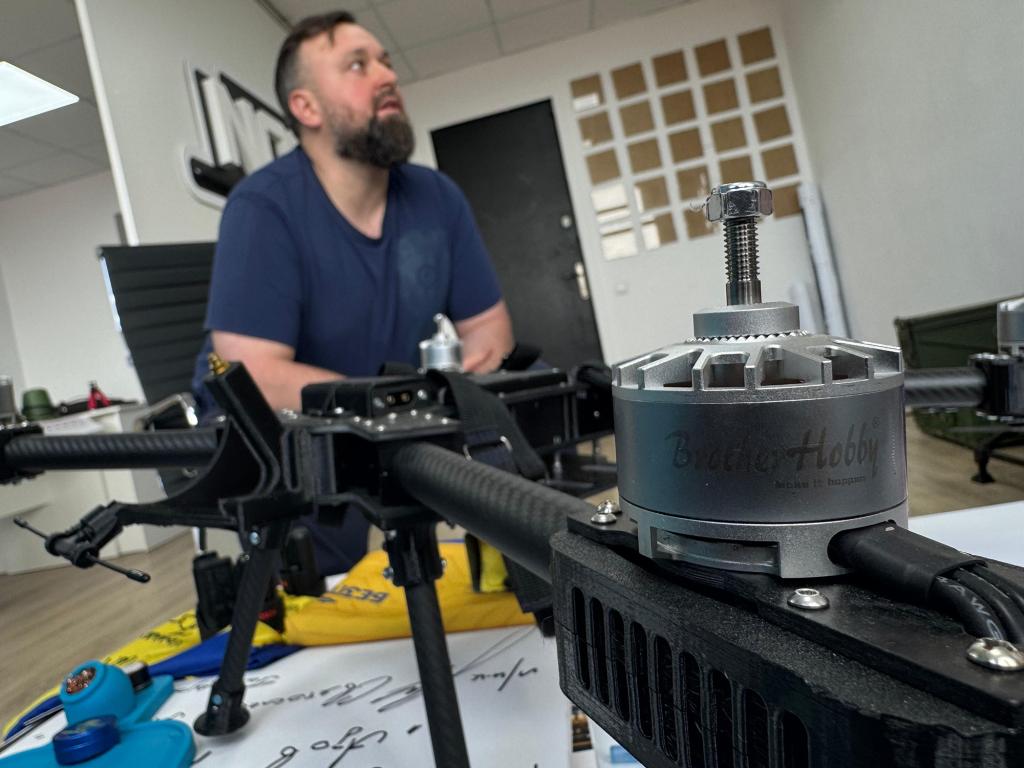
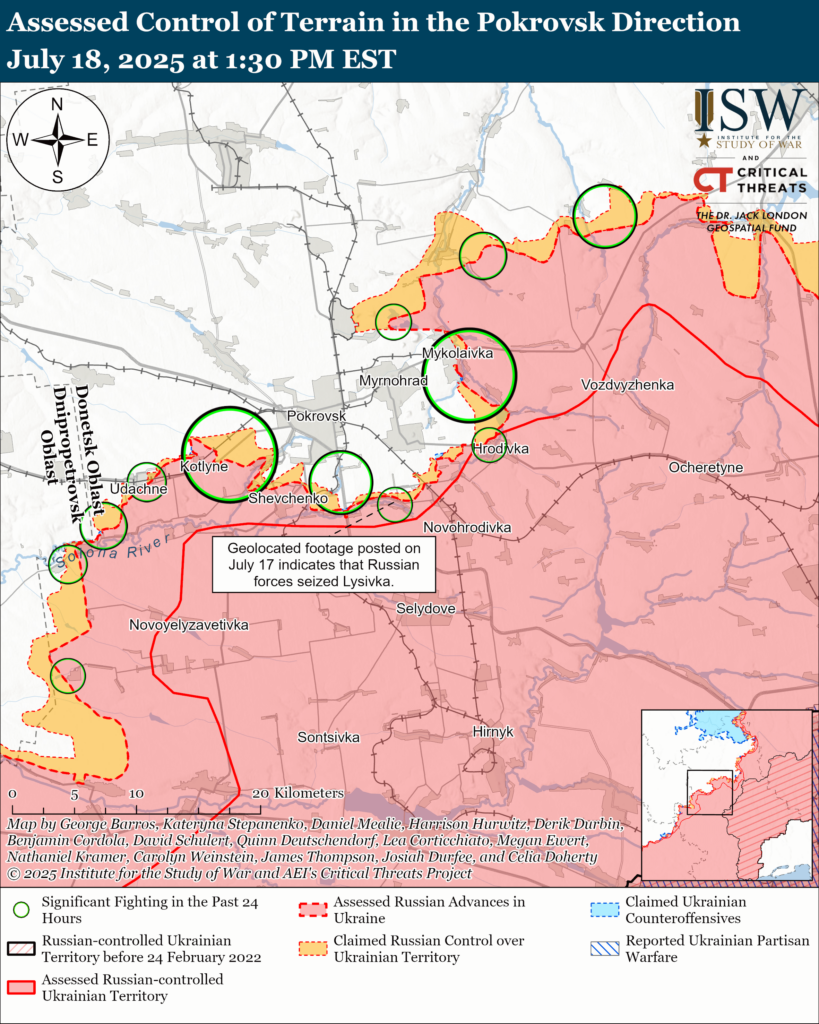
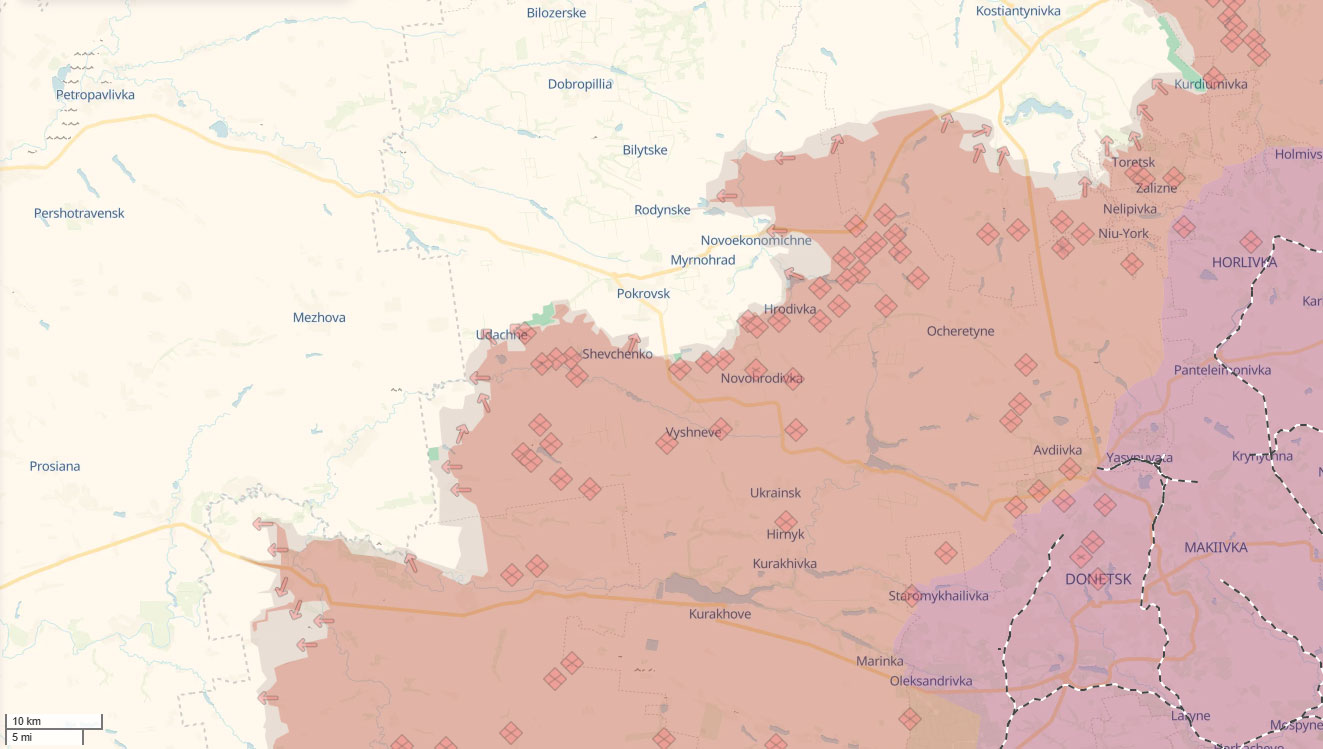
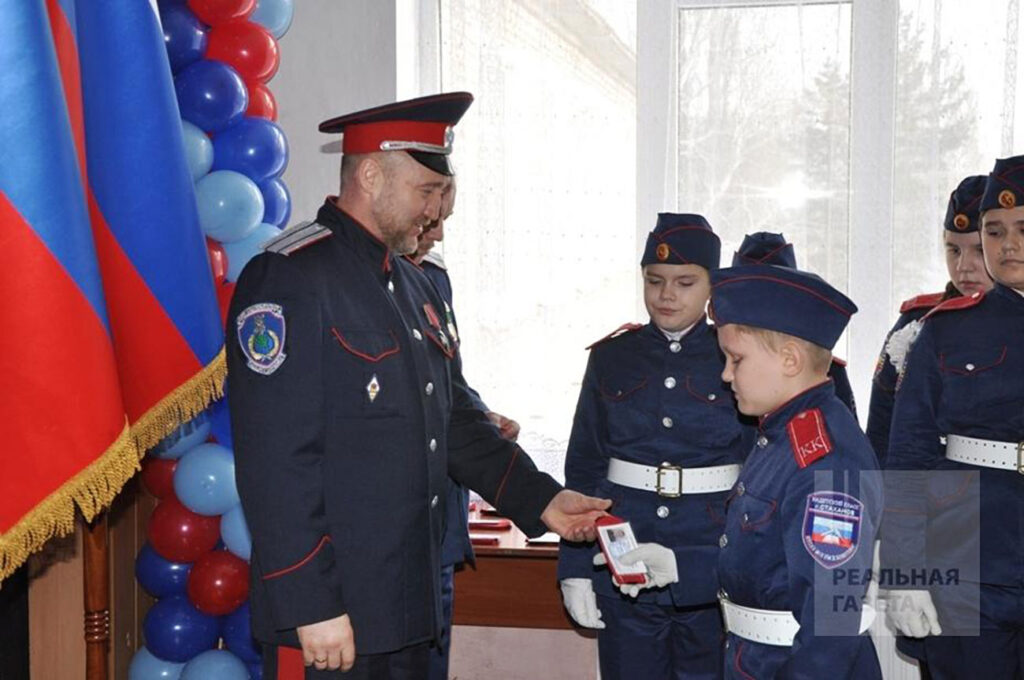
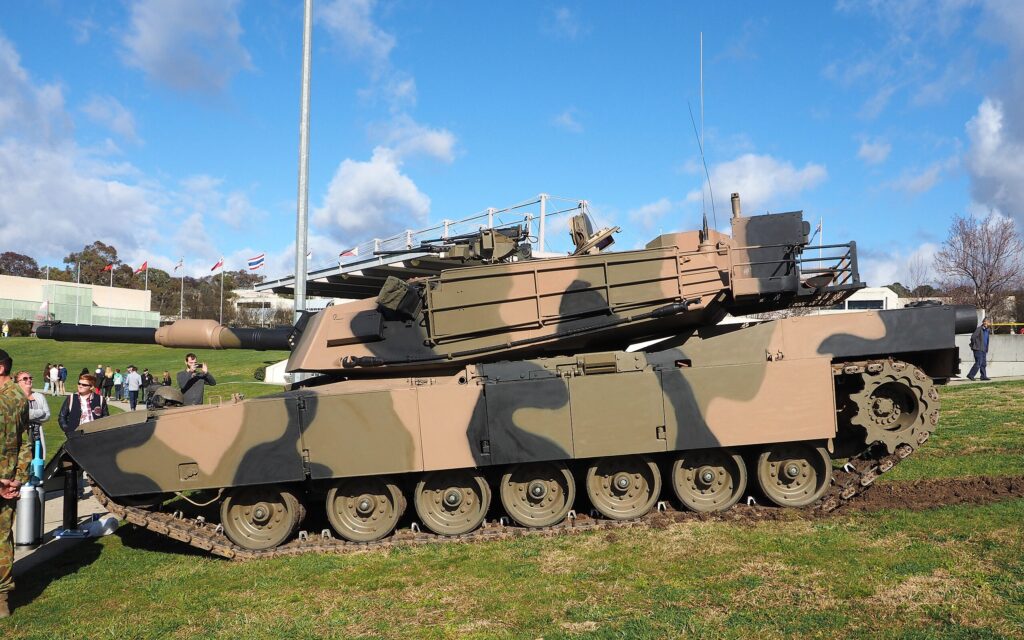
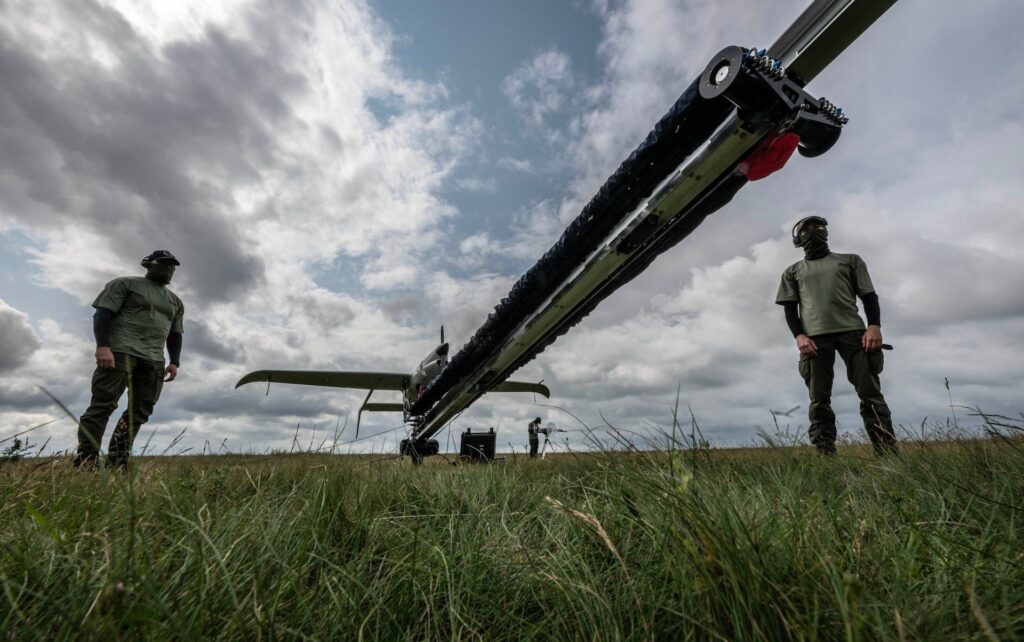

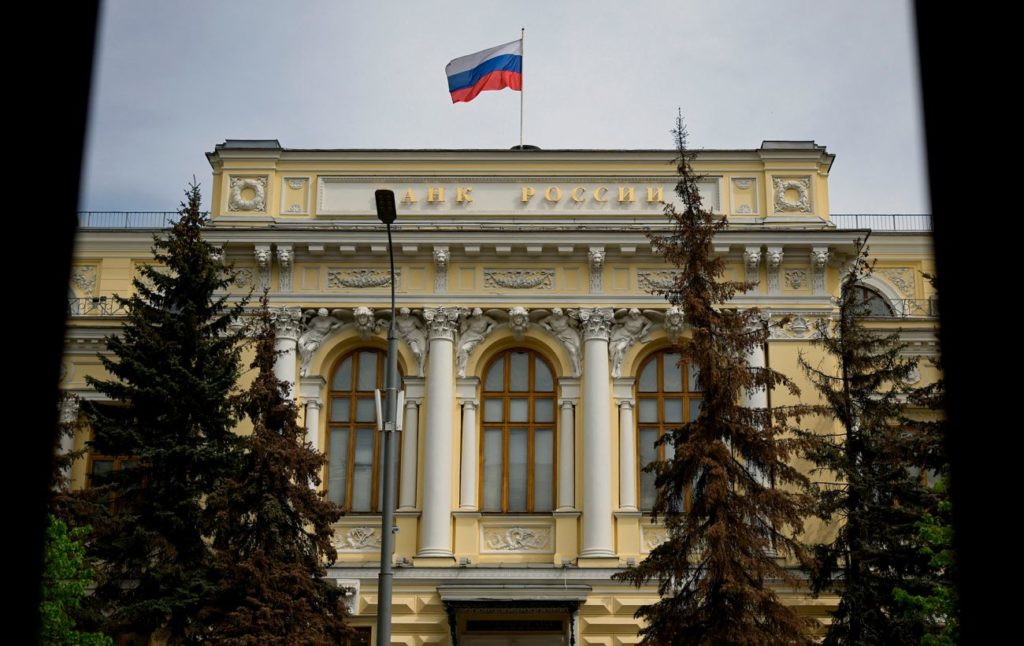



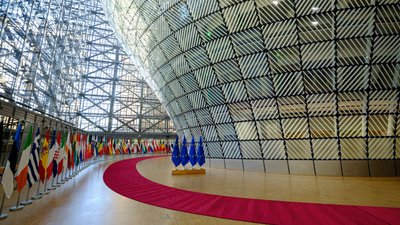
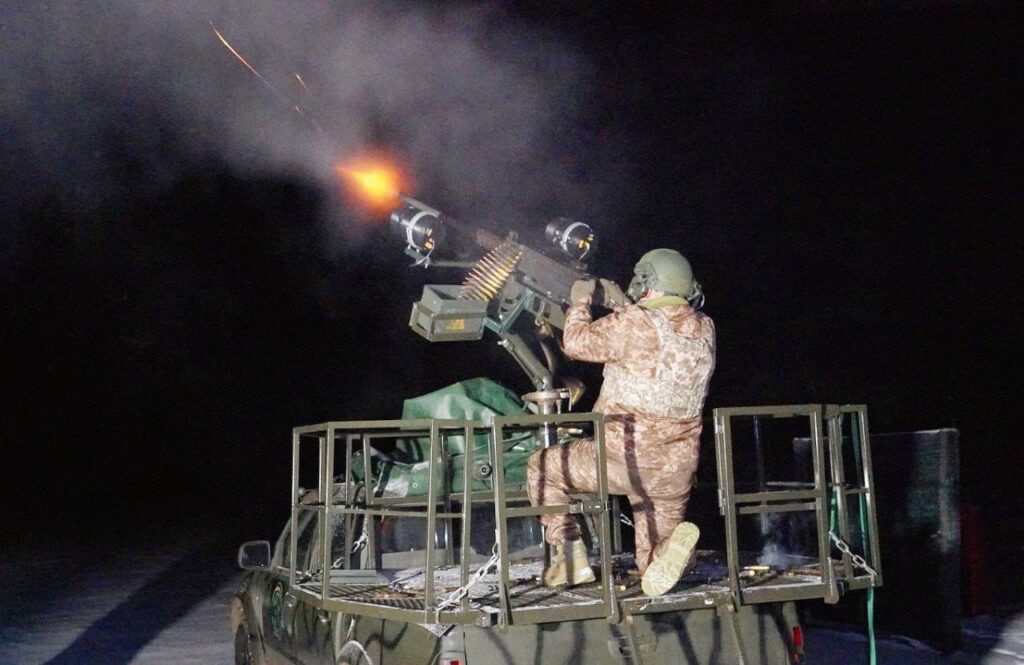
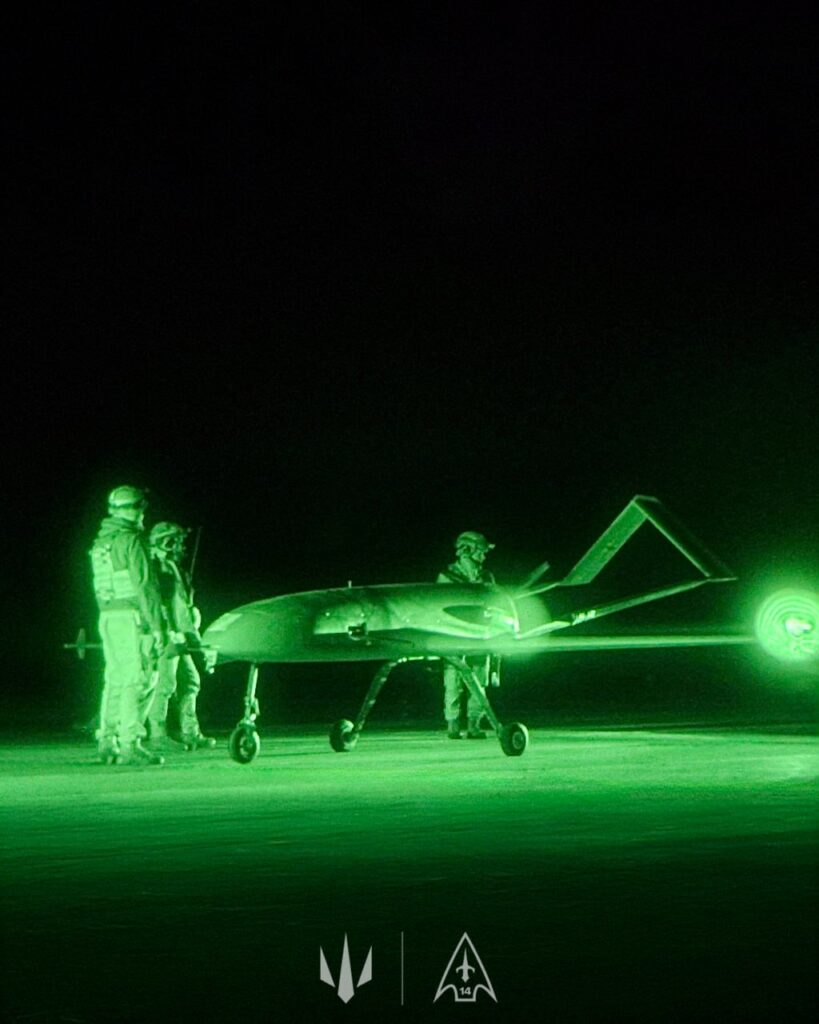
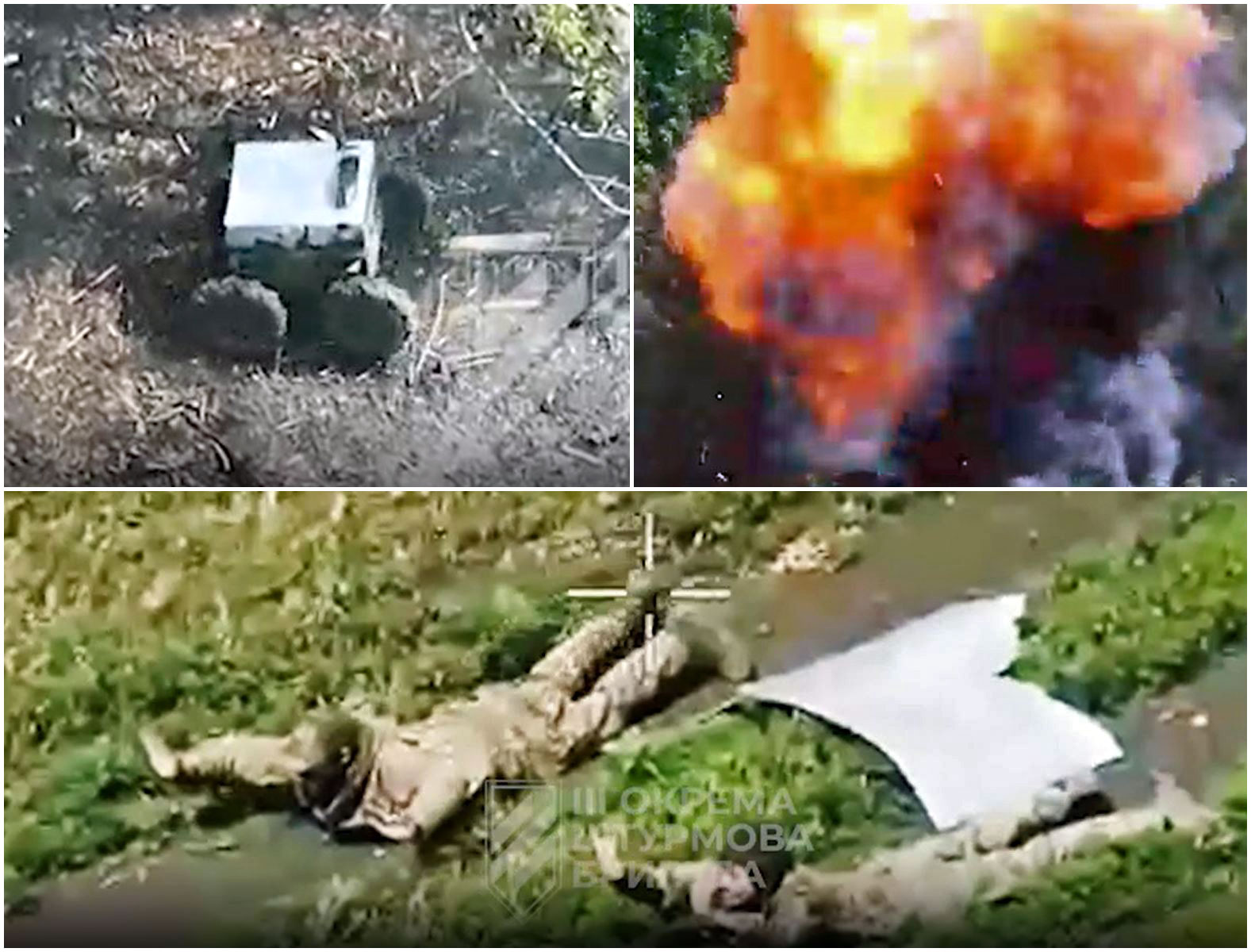


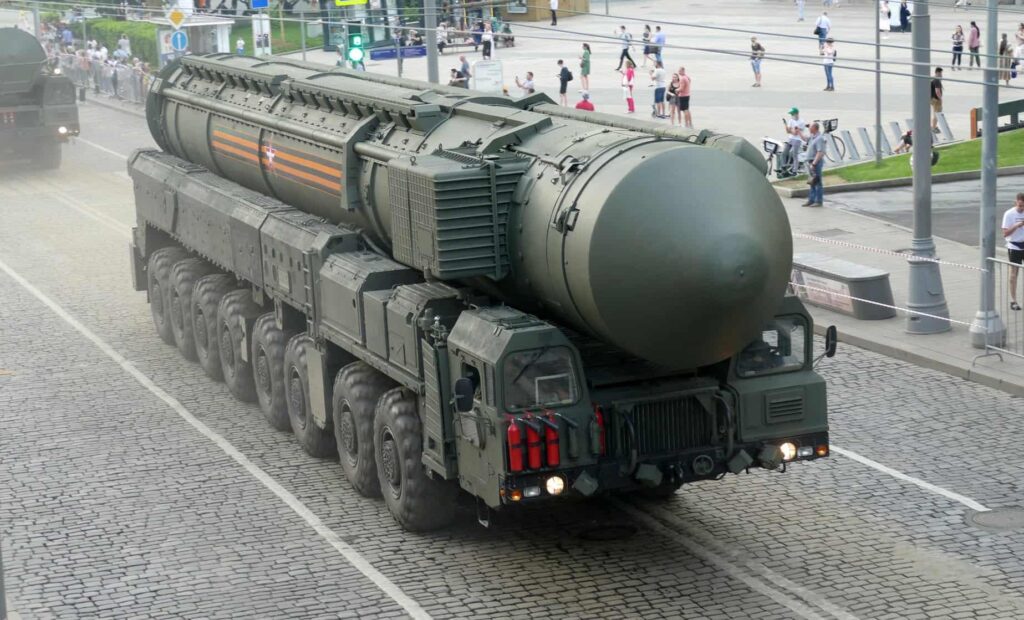
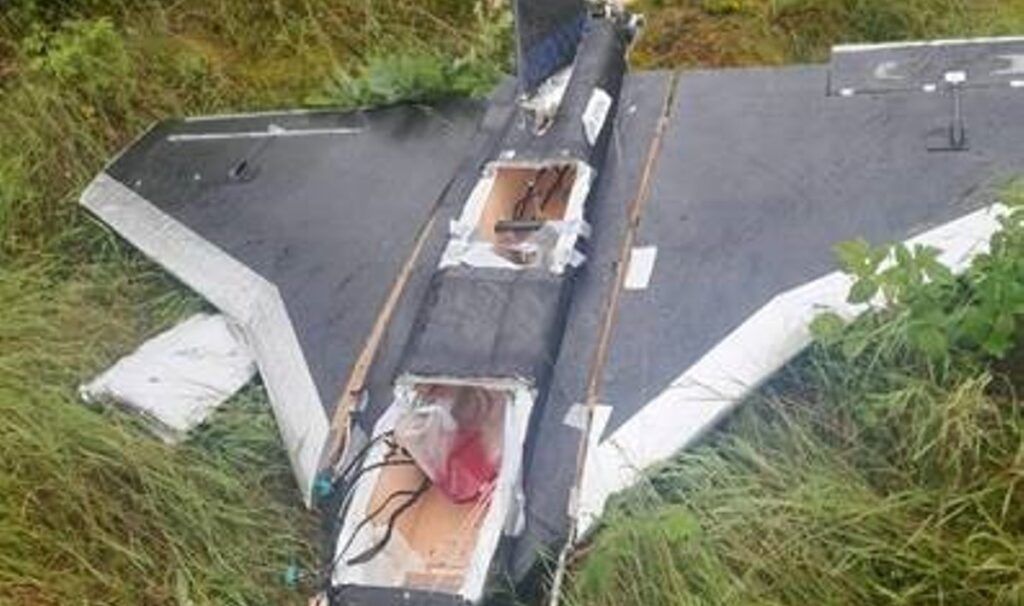
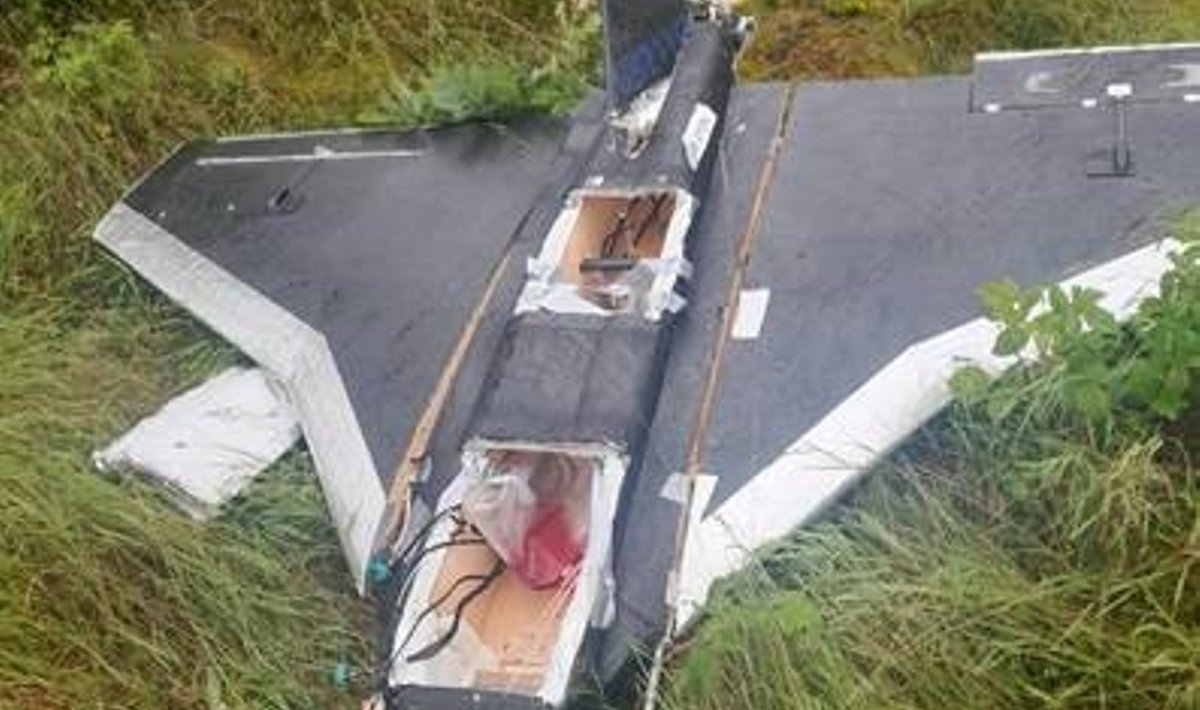
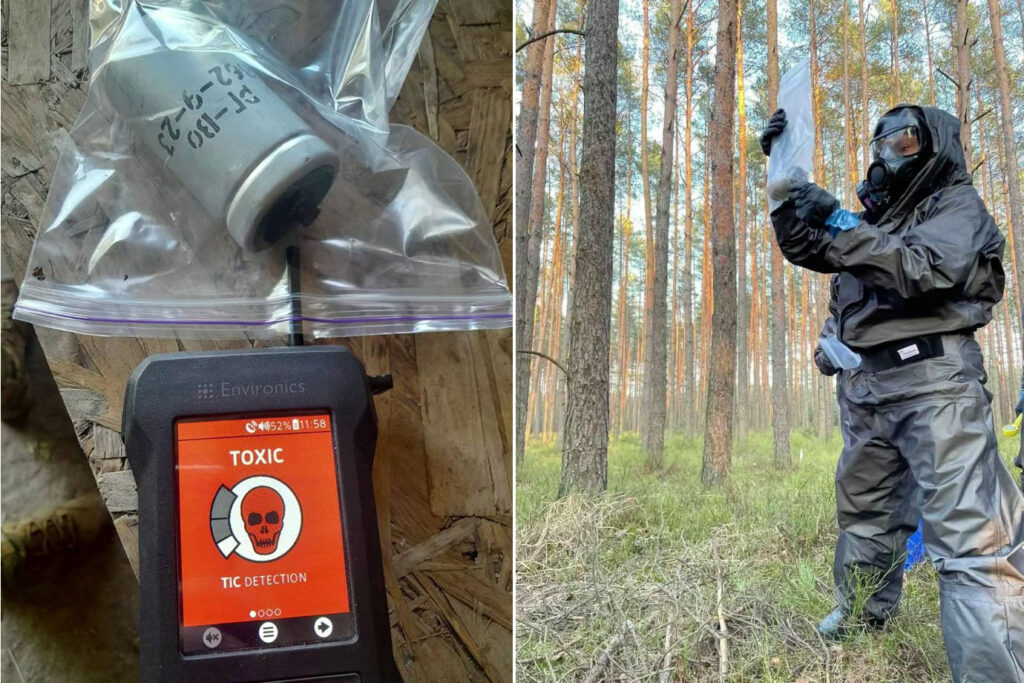

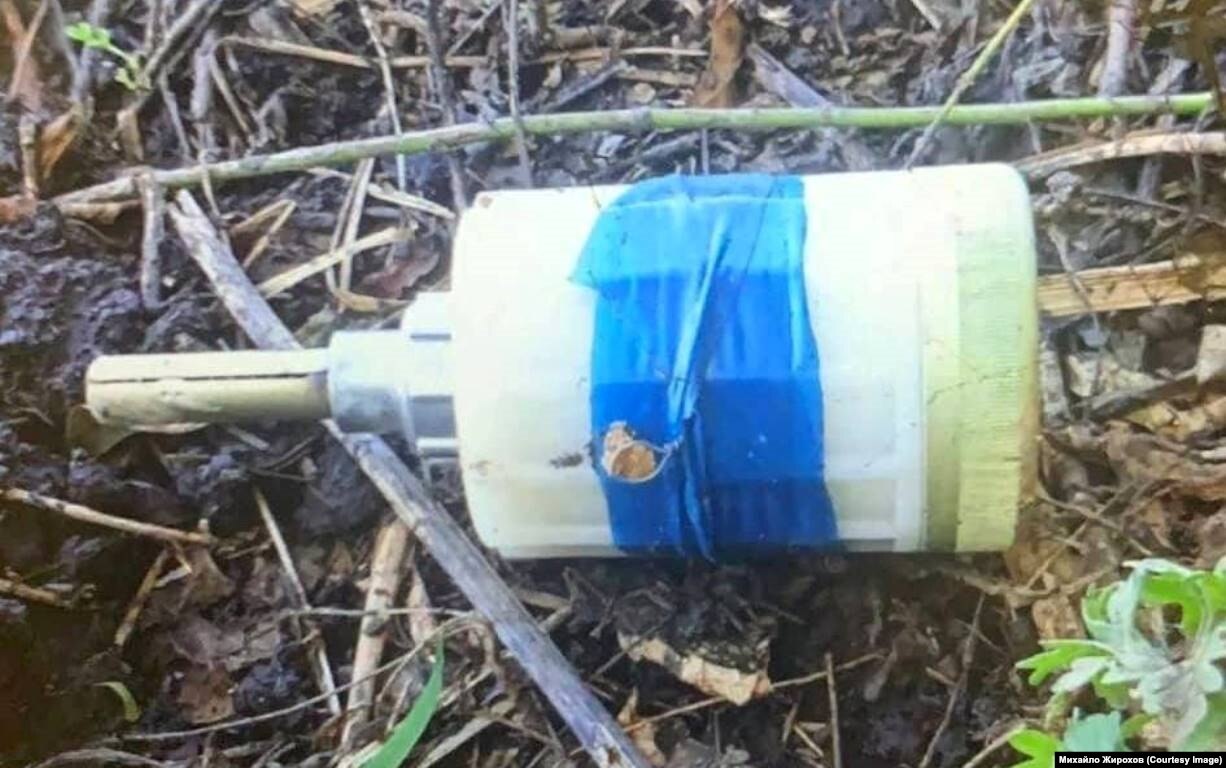
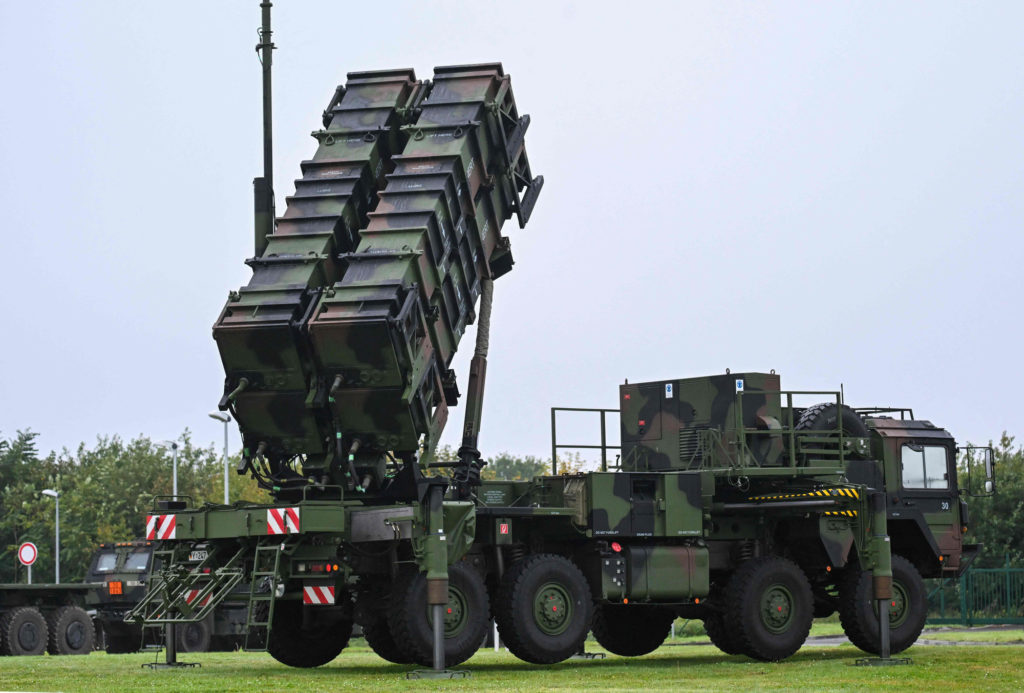
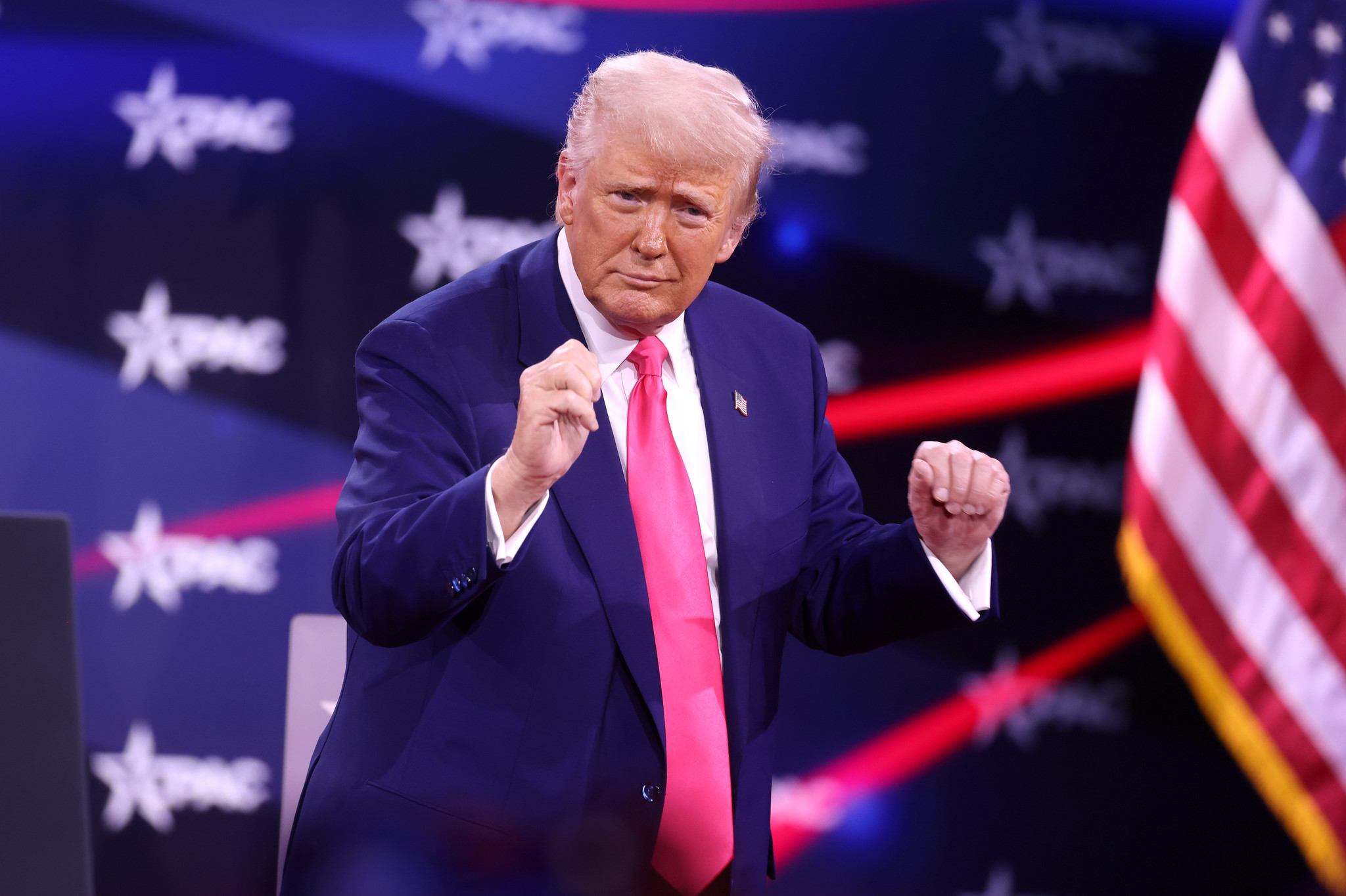
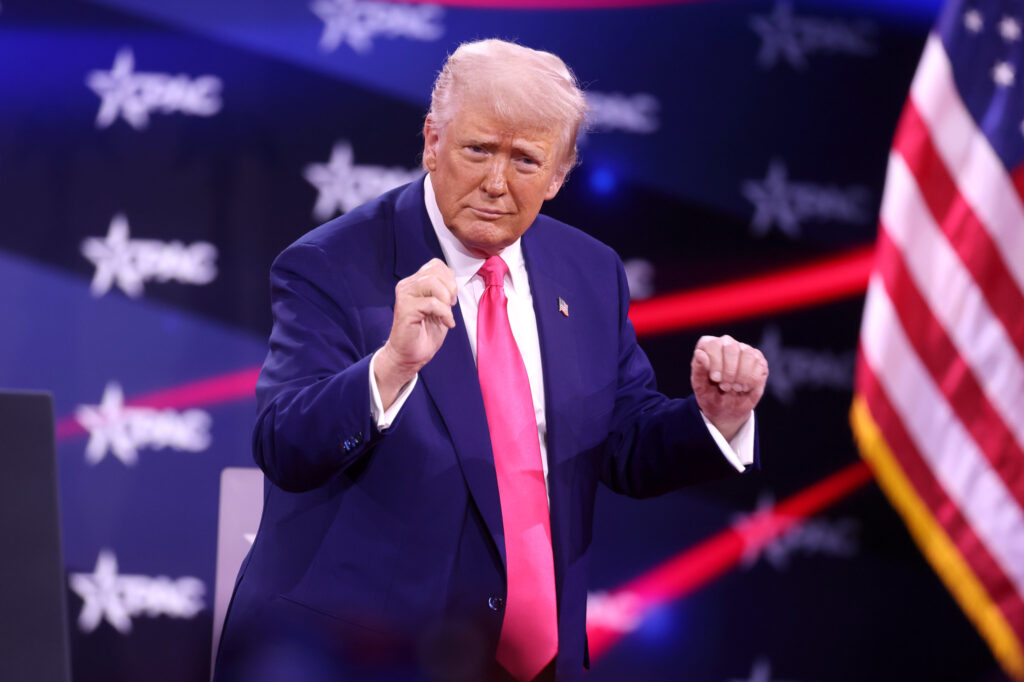
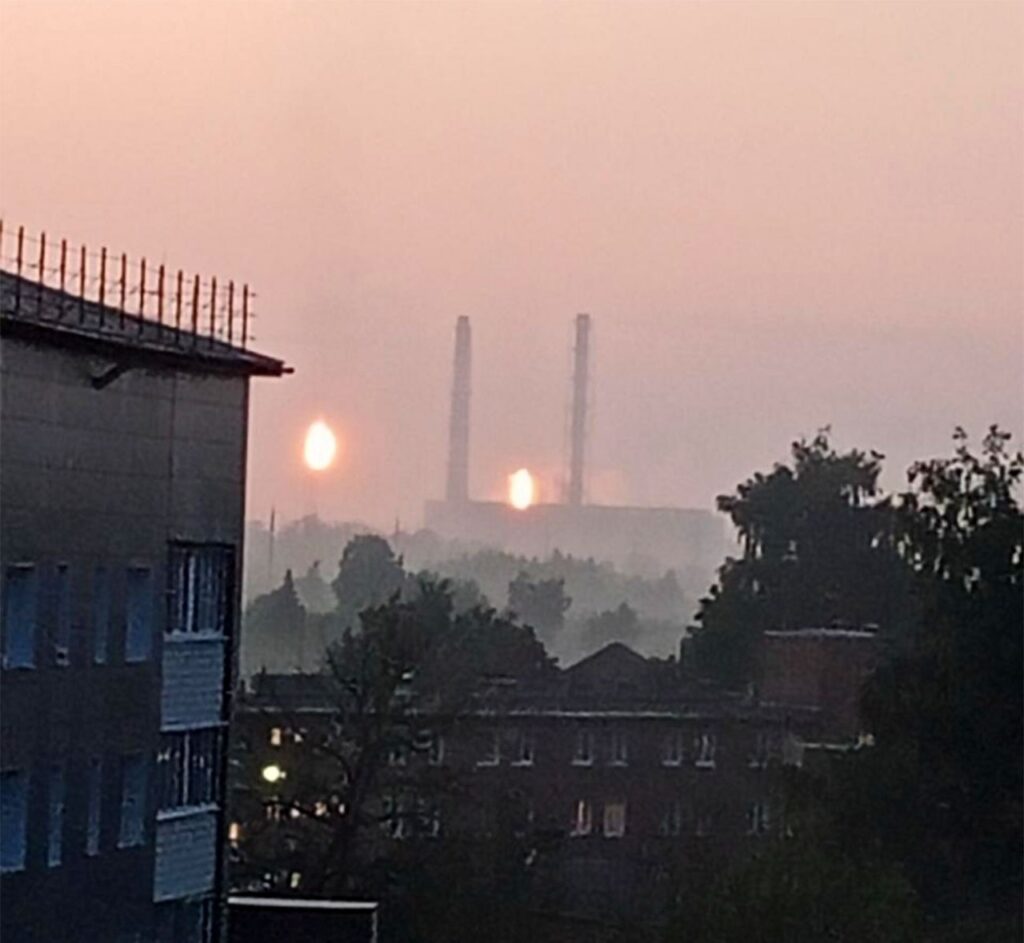
 #1-3 Tula, #4 Roslavl, by TG/Supernova+
#1-3 Tula, #4 Roslavl, by TG/Supernova+ 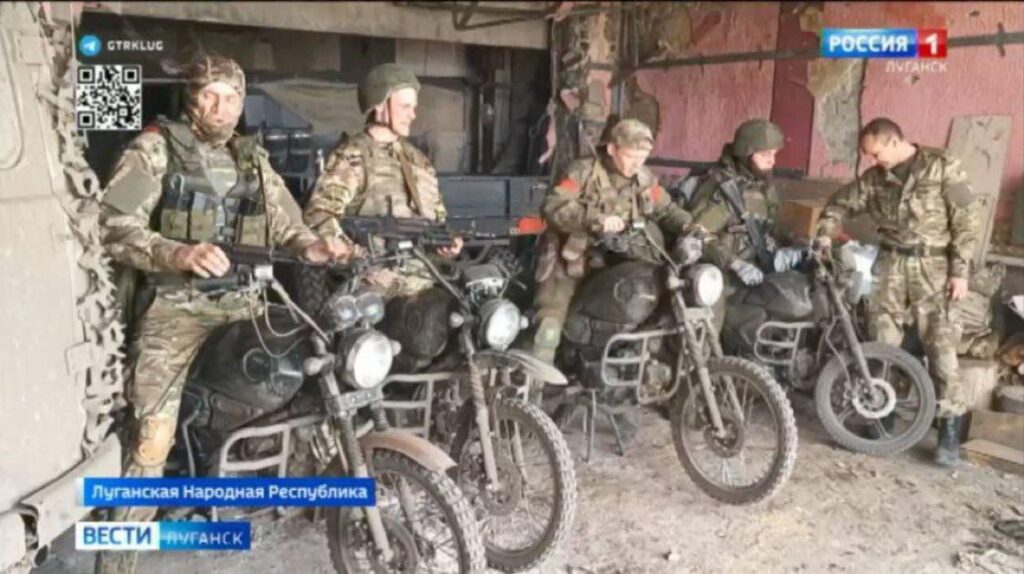
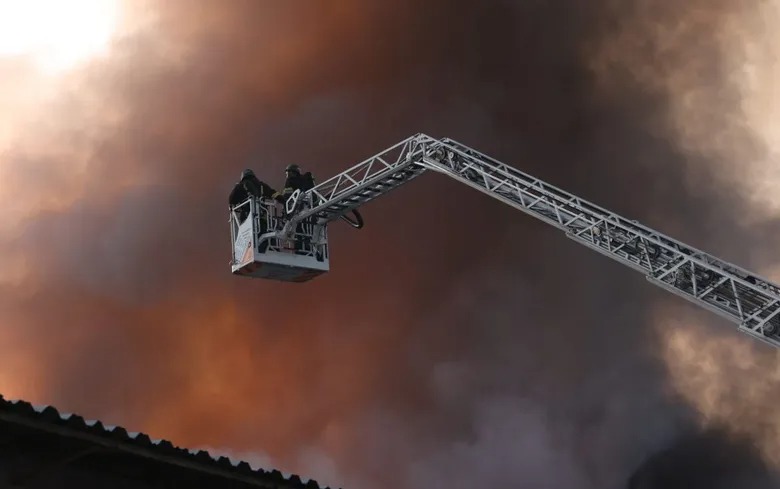

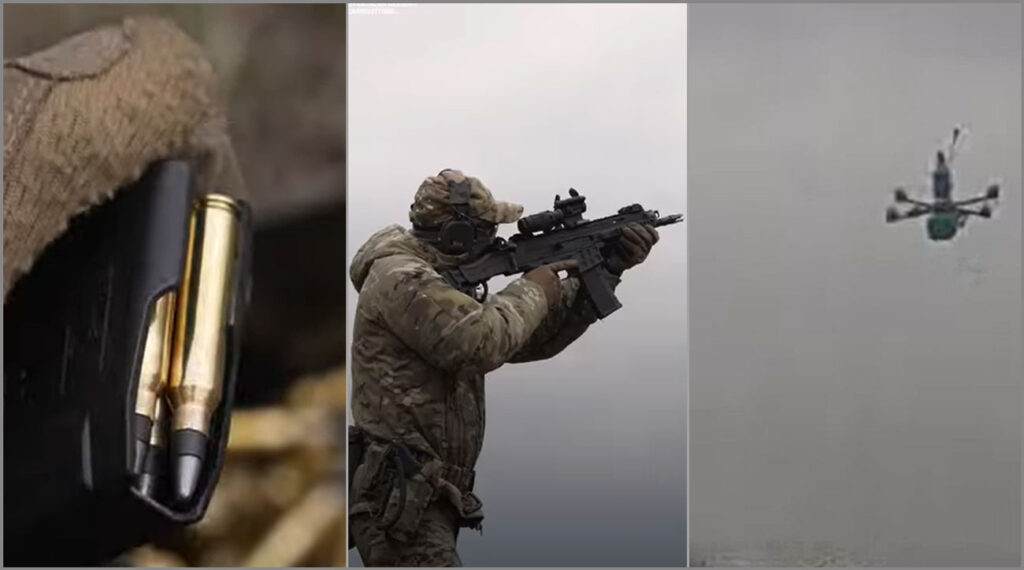
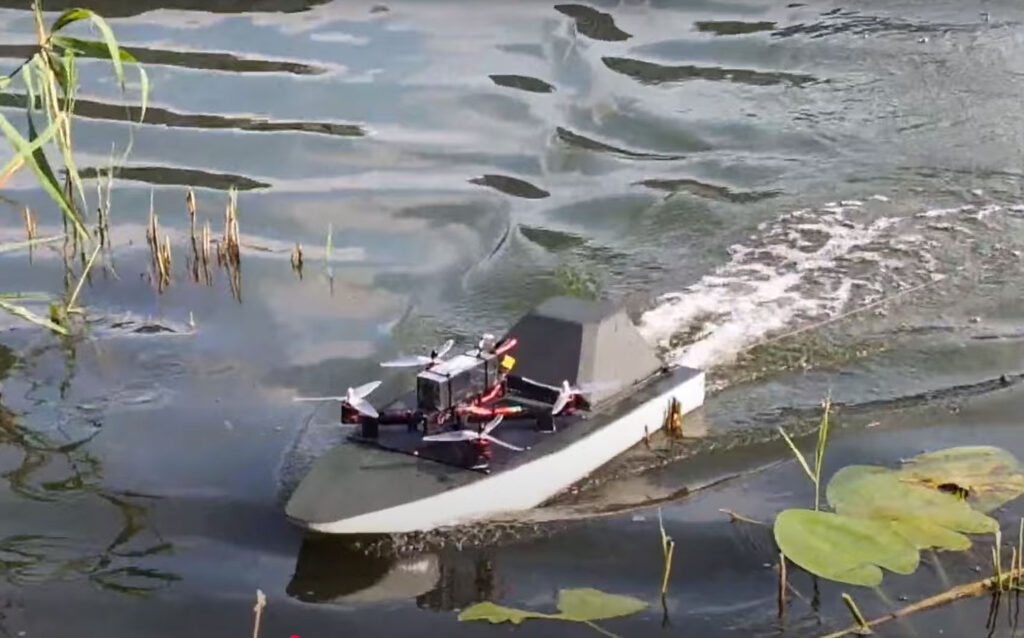
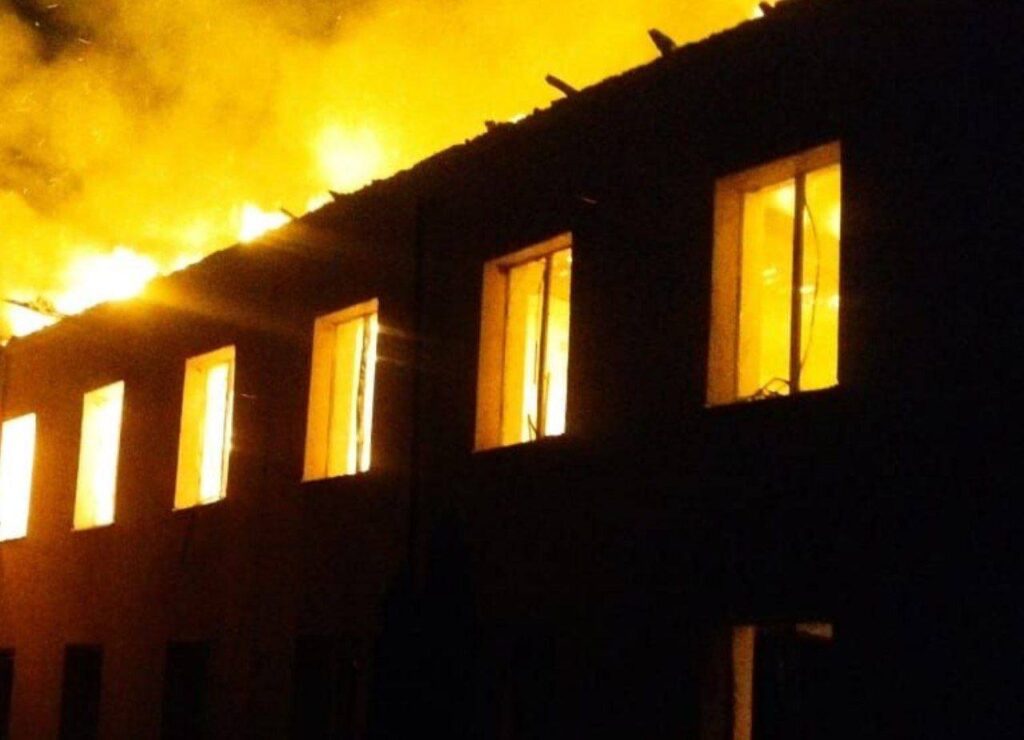

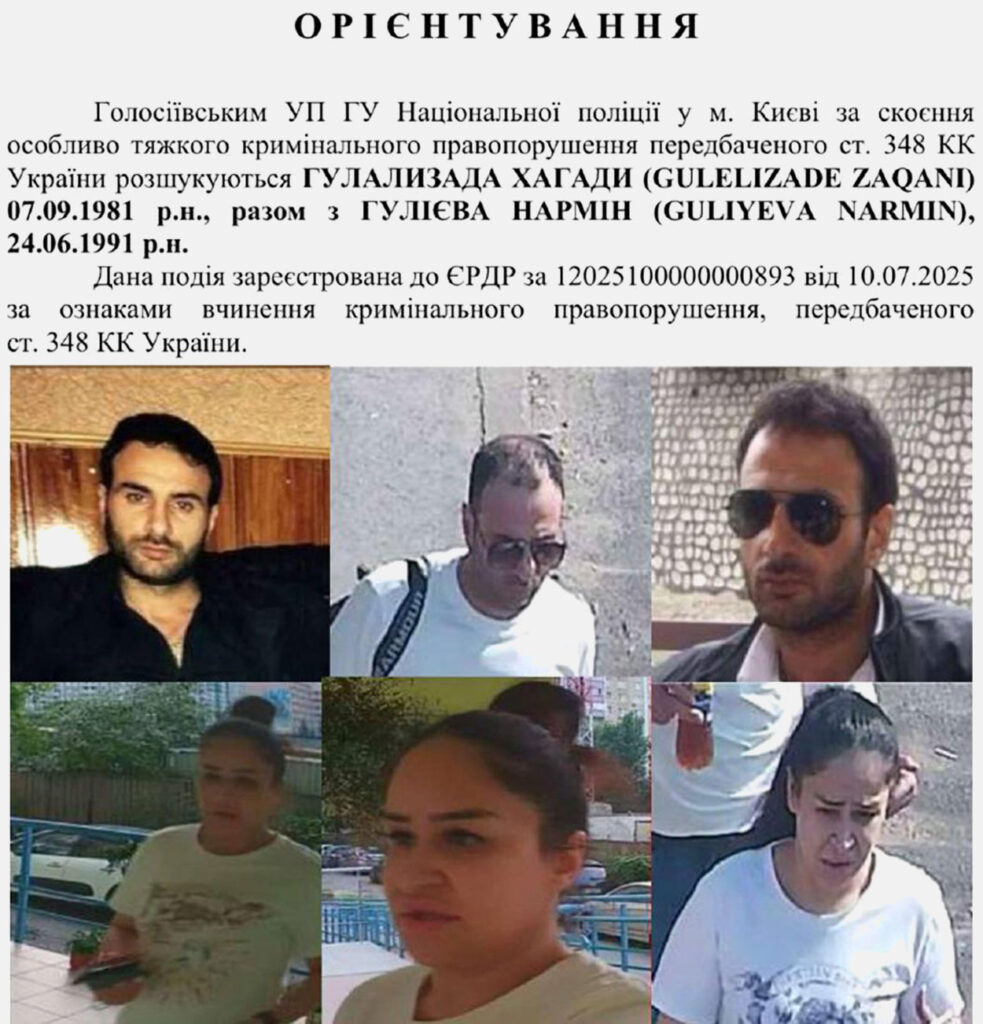
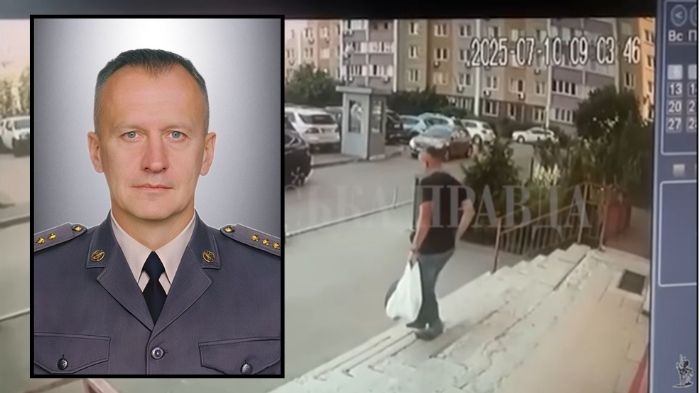

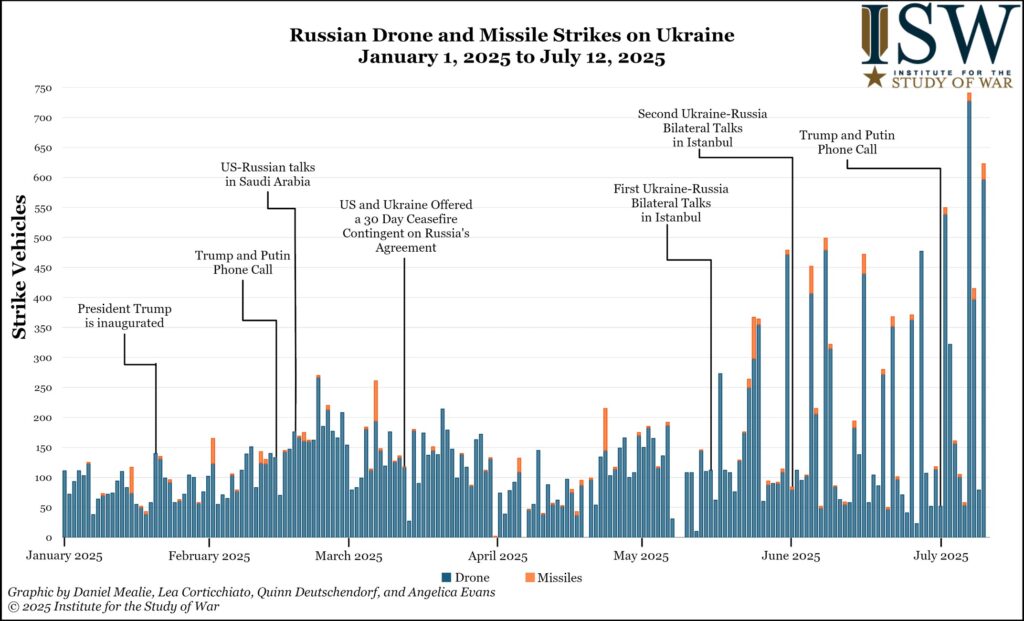
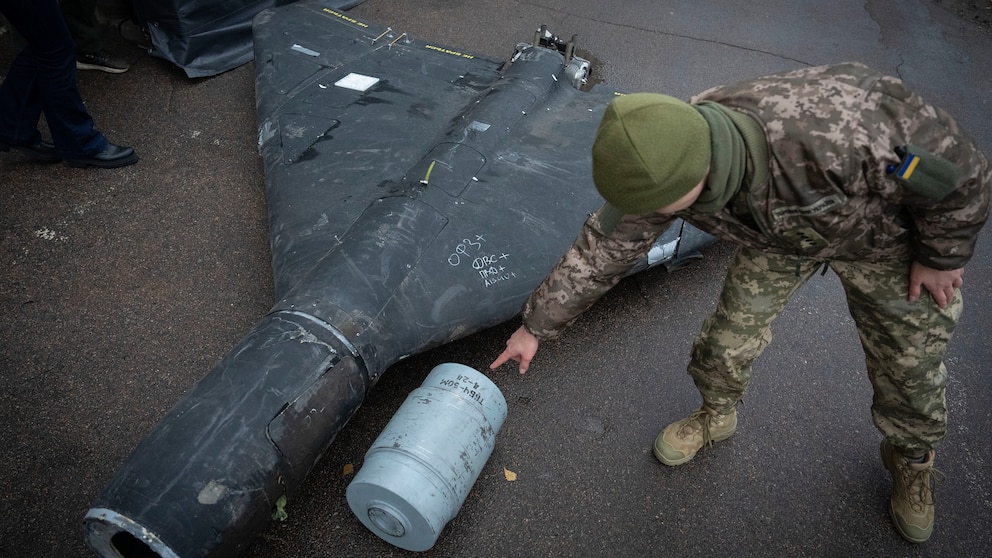
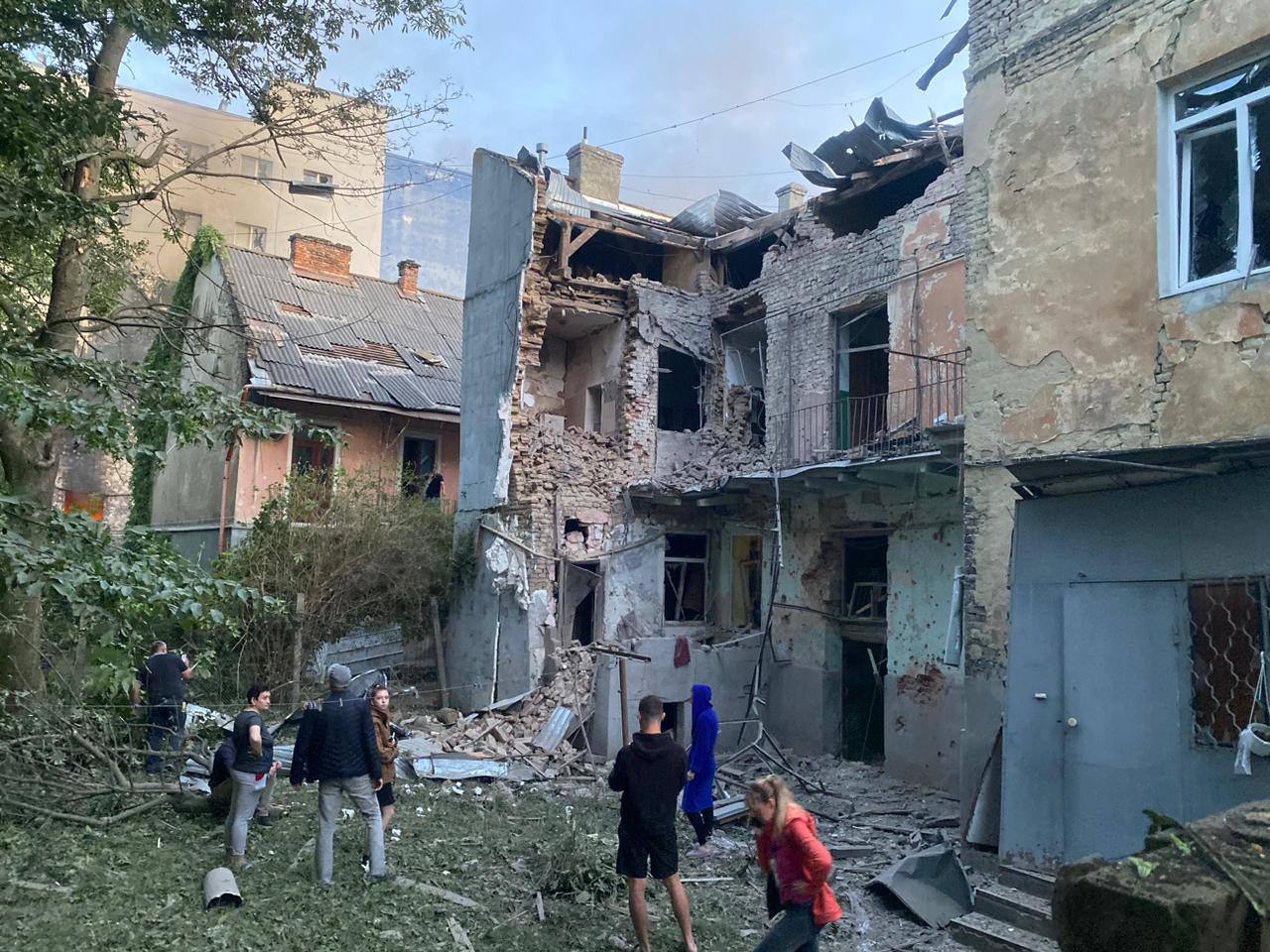
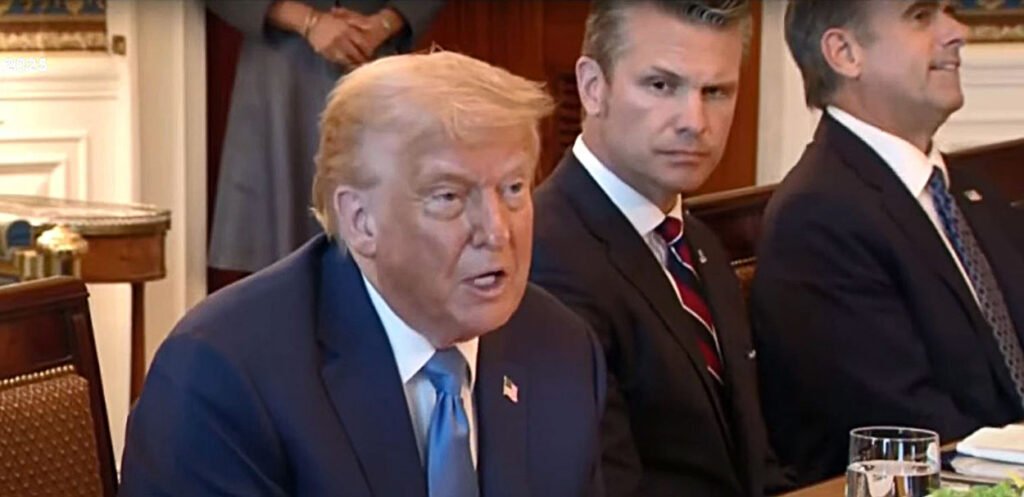
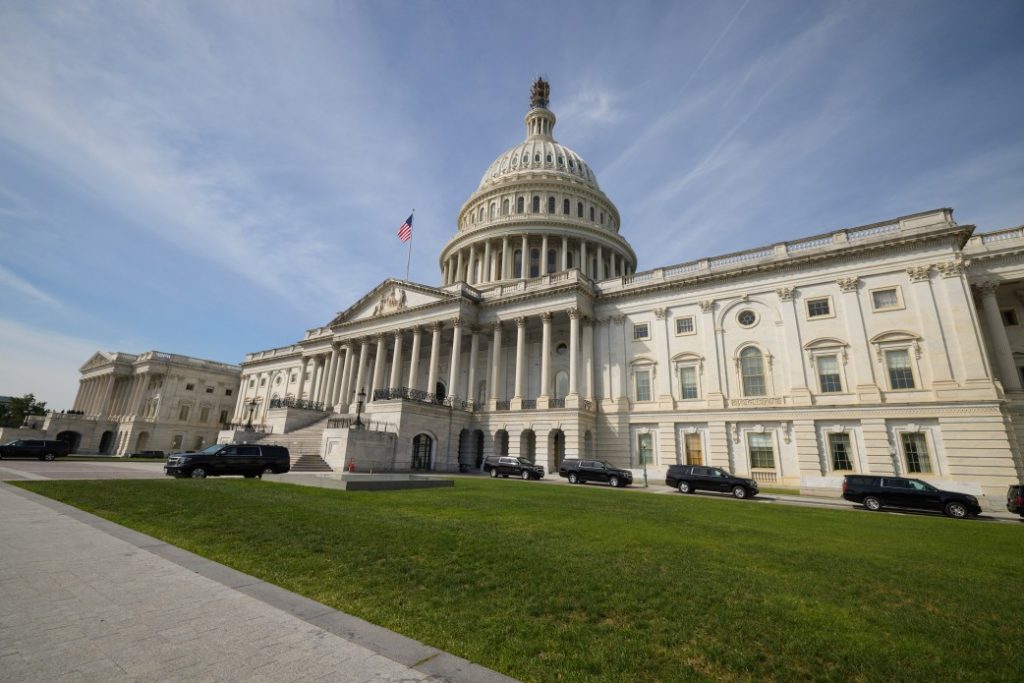
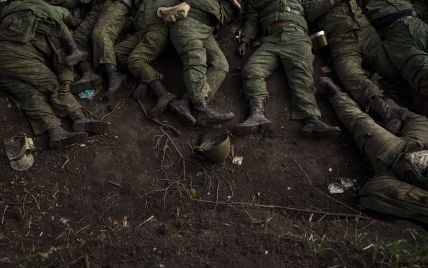

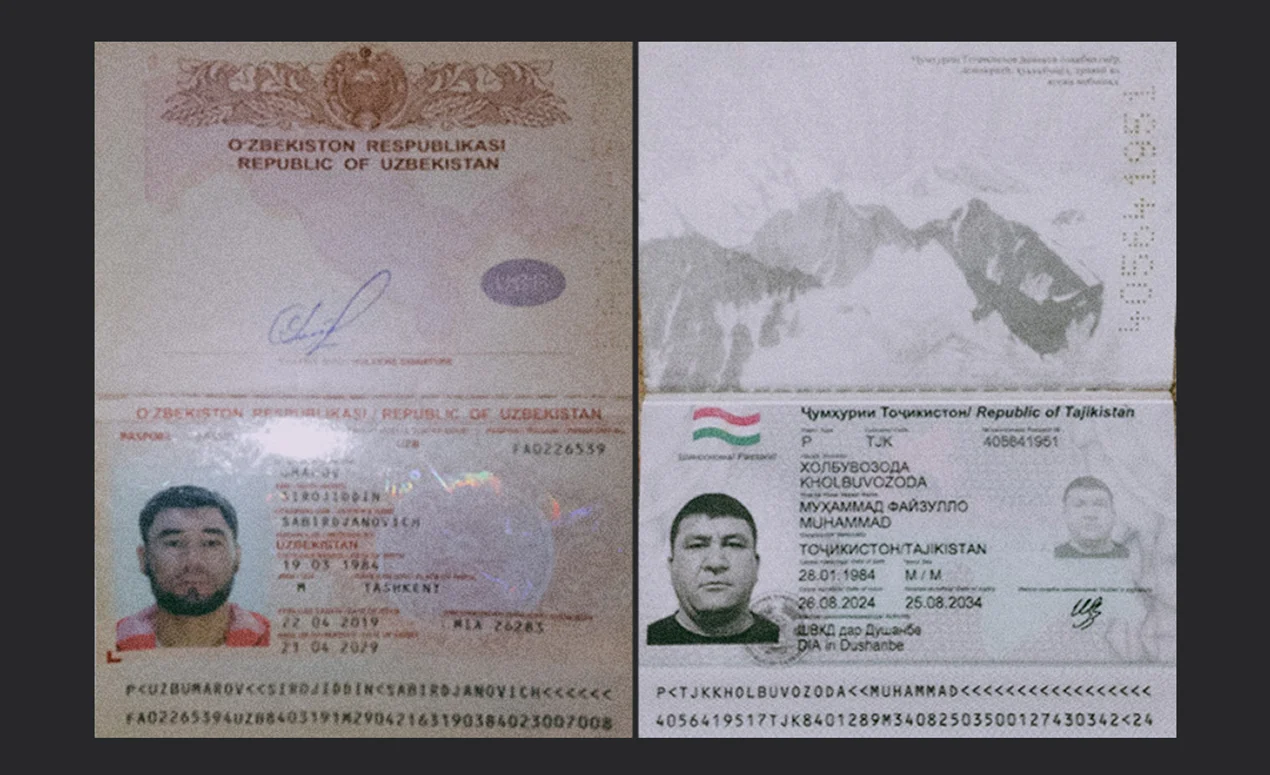
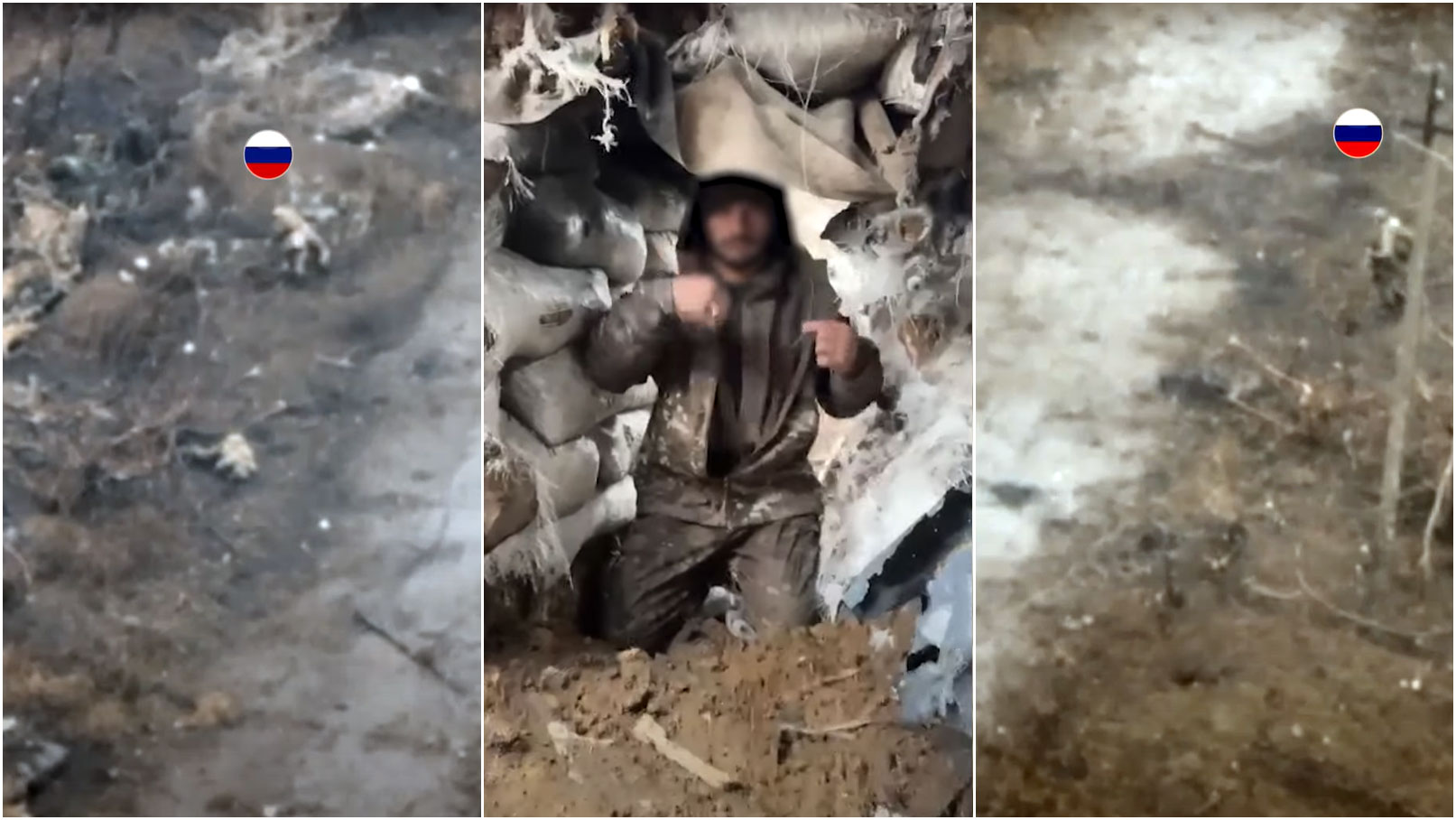
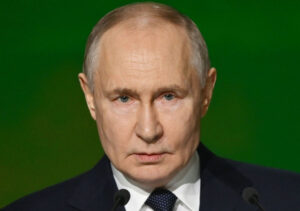
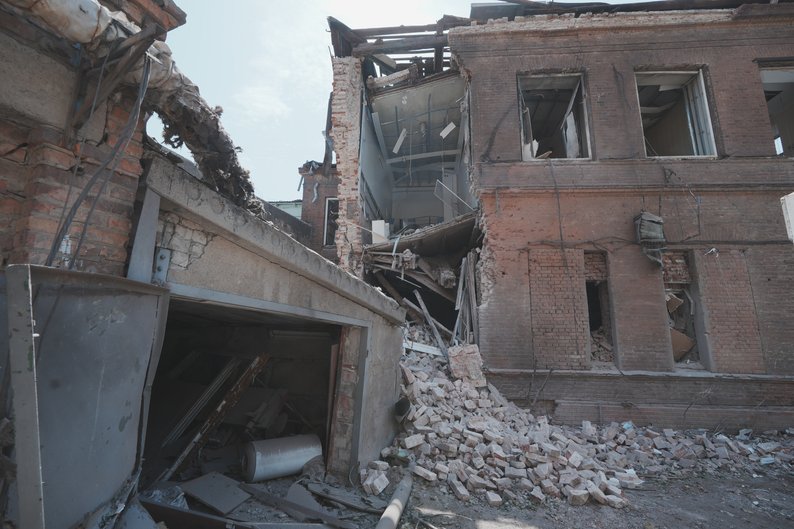
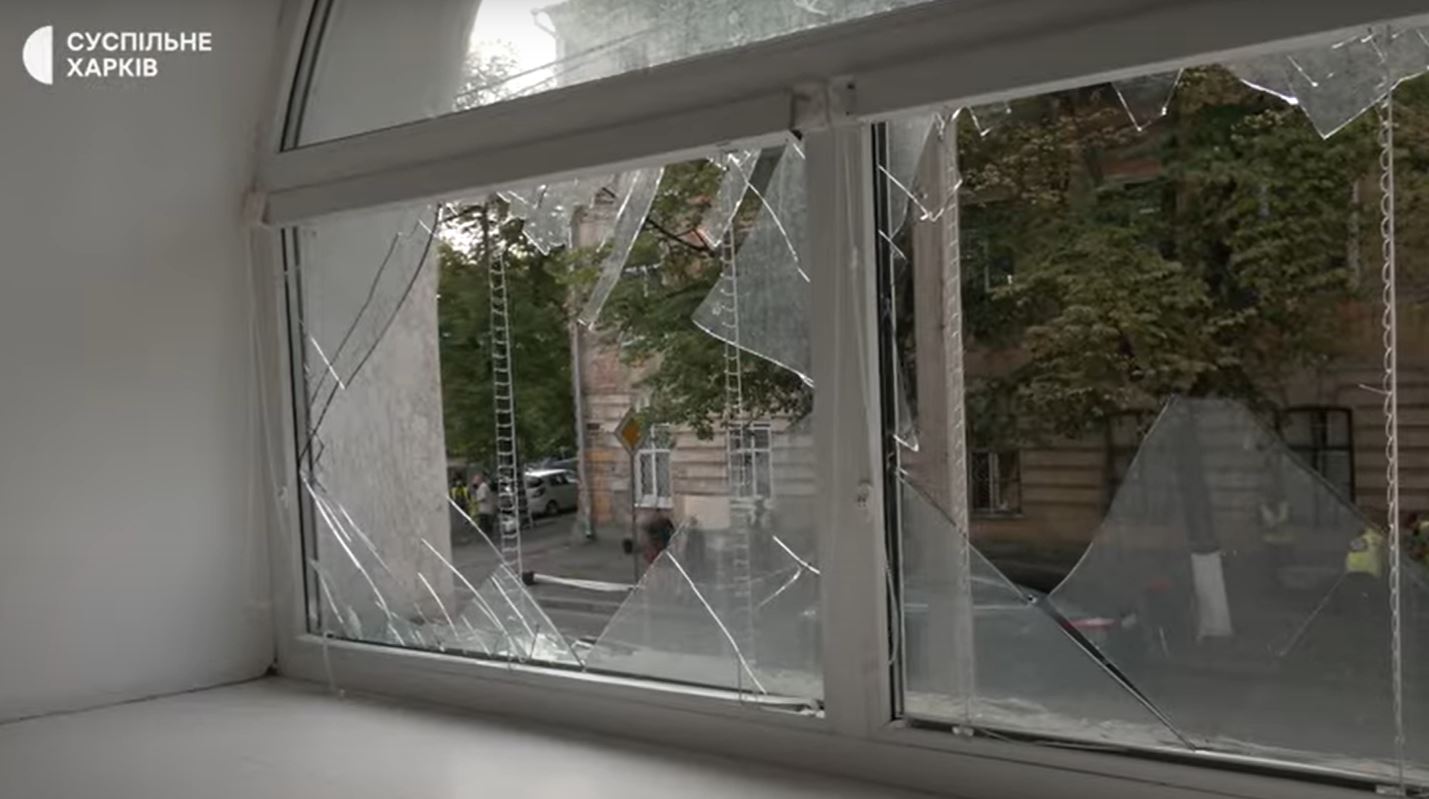
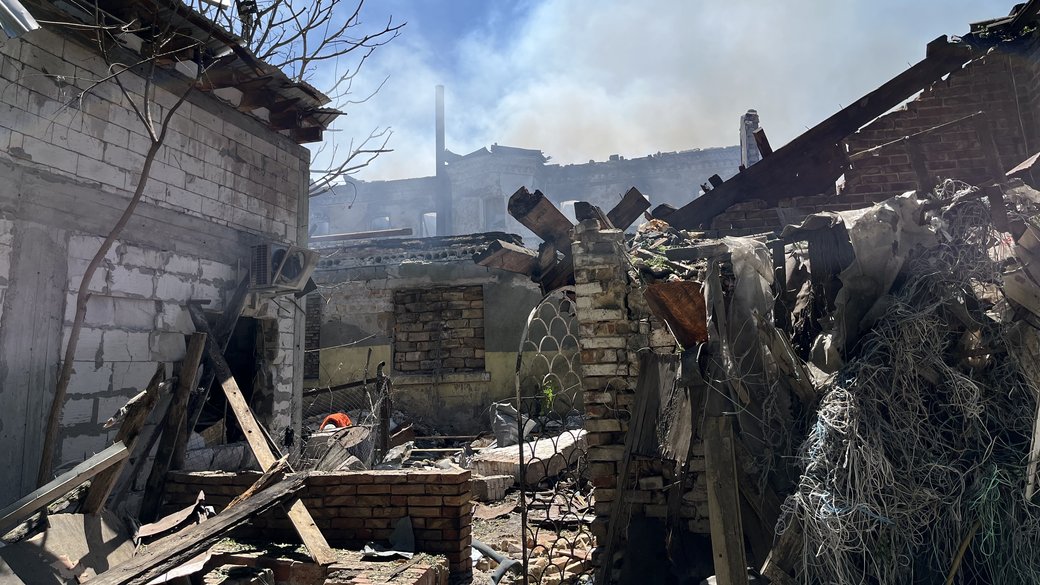
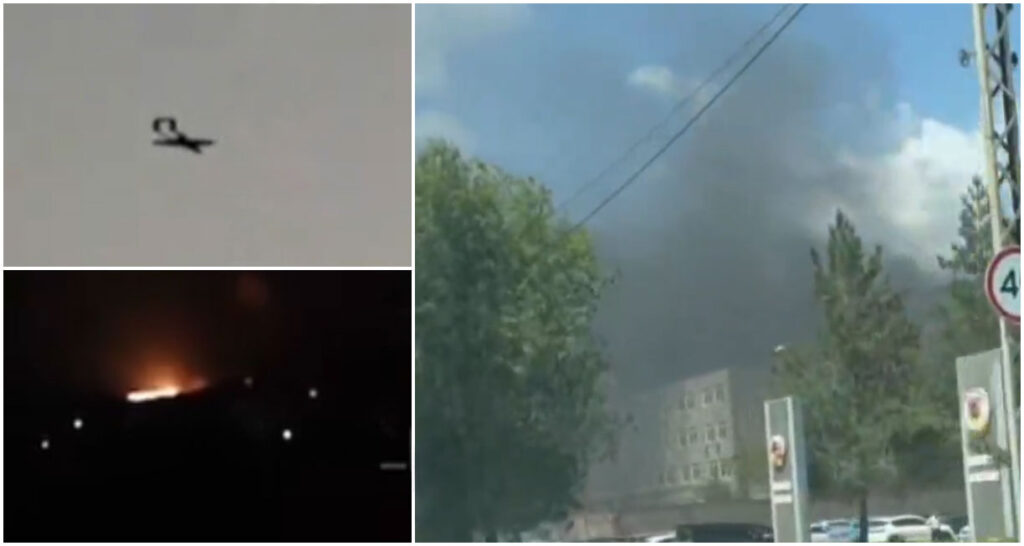

 Lukhovitsy (Moscow Oblast): Ukrainian Liutyi drones reportedly struck the Lukhovitsky Aviation Plant, part of the MiG aircraft corporation. Astra said two drones hit a compressor station, causing partial collapse of one wall.
Lukhovitsy (Moscow Oblast): Ukrainian Liutyi drones reportedly struck the Lukhovitsky Aviation Plant, part of the MiG aircraft corporation. Astra said two drones hit a compressor station, causing partial collapse of one wall.